Here are my favorite poems about growth categorized:
- Short poems about growth
- Poems about growth and change
- Poems about growth and maturity
- Poems about growth and development
- Poems about growth and love
- Poems about growth and nature
So if you want the best poems about growth, then you’re in the right place.
Let’s get into it!
- 61 Fulfilling Poems About Retirement
- 143 Stupefying Famous Poems About Life
- 65 Carefree Poems About Innocence
- 77 Heartwarming Poems About Growing Up
- 83 Courageous Poems About Change
- 21 Memorable Poems About New Beginnings
- 163 Meaningful Poems About Life
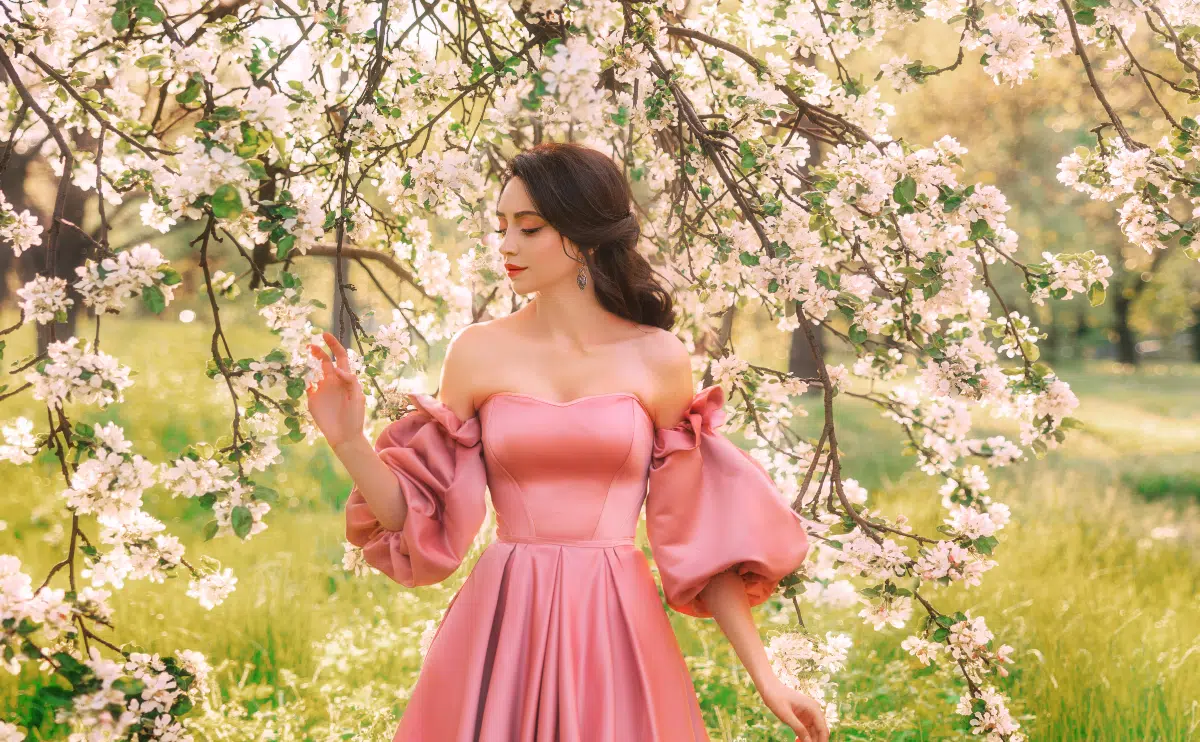
Engulfing Poems About Growth
Embark on a captivating journey through a meticulously curated anthology of the most uplifting poems about growth, thoughtfully categorized to inspire and illuminate.
Within our selection, you will discover works that delve into the transformative process of personal growth, capturing the essence of blooming dreams, navigating challenges, and embracing the beauty of self-discovery.
Take a moment to savor these extraordinary verses, allowing them to nourish your spirit, expand your horizons, and remind you of the infinite possibilities that unfold as we embrace the remarkable journey of growth.
Let’s go!
My #1 Favorite Poem About Growth

“Growth” by Ernest Christopher Dowson
I watched the glory of her childhood change,
Half-sorrowful to find the child I knew,
(Loved long ago in lily-time),
Become a maid, mysterious and strange,
With fair, pure eyes – dear eyes, but not the eyes I knew
Of old, in the olden time!
Till on my doubting soul the ancient good
Of her dear childhood in the new disguise
Dawned, and I hastened to adore
The glory of her waking maidenhead,
And found the old tenderness within her deepening eyes,
But kinder than before.
Short Poems About Growth

“Looking Forward” by Stevenson, Robert Louis
When I am grown to man’s estate
I shall be very proud and great,
And tell the other girls and boys
Not to meddle with my toys.
“Second Growth” by William Stanley Braithwaite
Men know that the birch-tree always
Will grow where they cut down the pine—
This is the way of the forest,
And the same way shall be mine.
For now that my sorrow lies stricken,
And shadow in me is done,
I, too, shall have years of laughter,
And of dancing in the sun.
“We Outgrow Love Like Other Things” by Emily Elizabeth Dickinson
We outgrow love like other things
And put it in the drawer,
Till it an antique fashion shows
Like costumes grandsires wore.
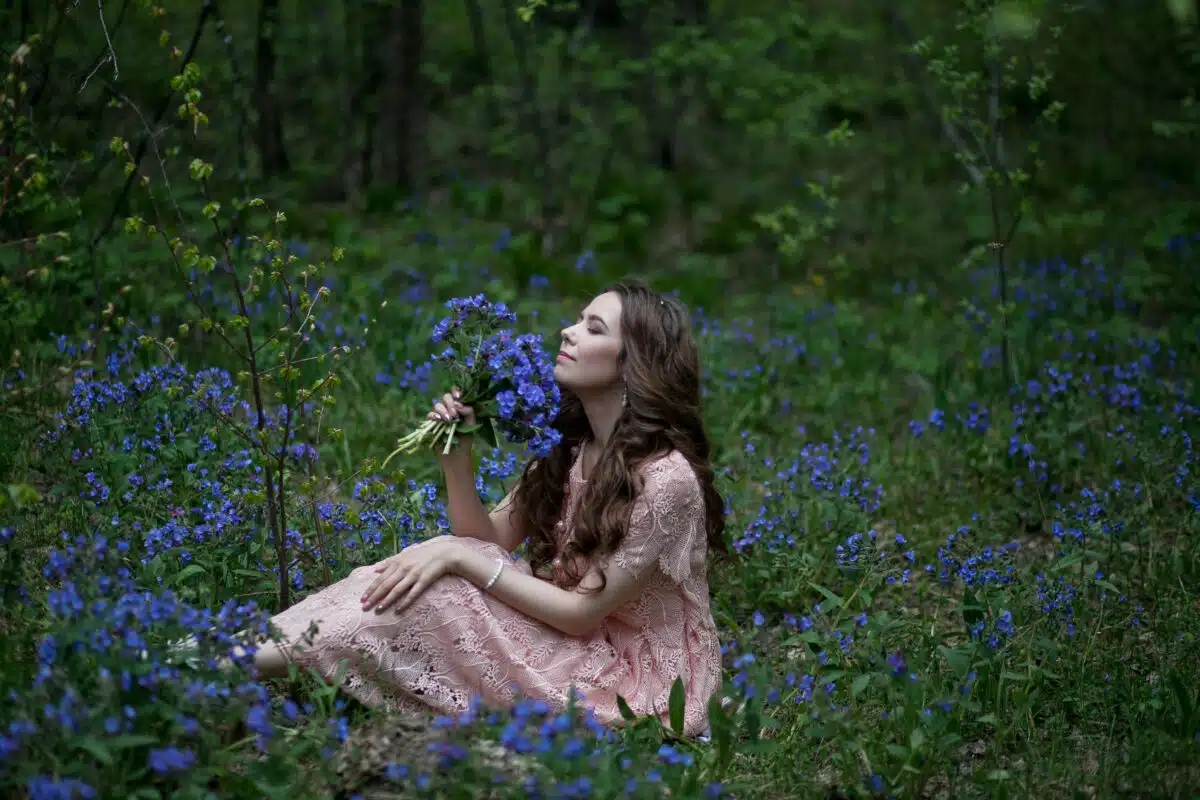
“My Lady’s Garden” by Walter Crane
How does my lady’s garden grow?
How does my lady’s garden grow?
With silver bells, and cockle shells,
And pretty maids all in a row!
“Nursery Rhyme” by Unknown
As the days grow longer,
The storms grow stronger.
“The Rosemary Branch” by Robert Herrick
Grow for two ends, it matters not at all,
Be ‘t for my bridal or my burial.
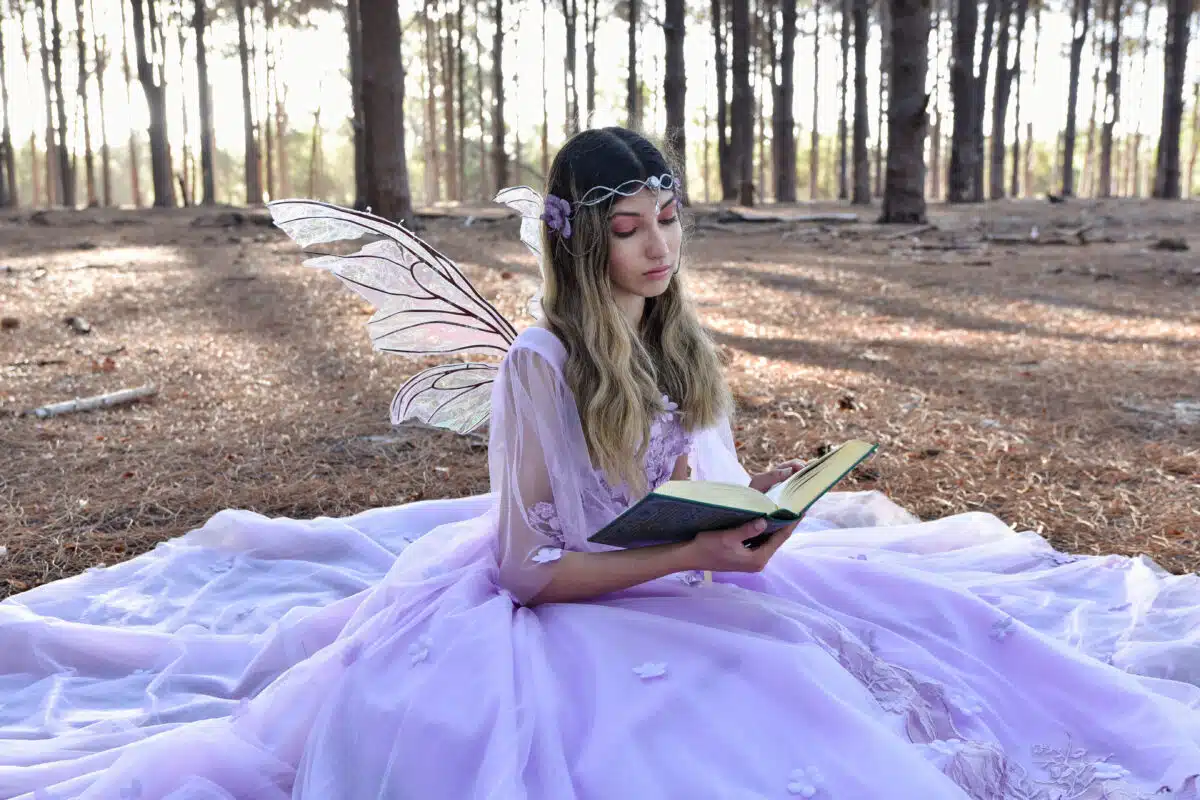
“To His Book” by Robert Herrick
Thou art a plant sprung up to wither never,
But like a laurel to grow green for ever.
“On Tomasin Parsons” by Robert Herrick
Grow up in beauty, as thou dost begin,
And be of all admired, Tomasin.
“Insight” by Ralph Waldo Emerson
Power that by obedience grows,
Knowledge which its source not knows,
Wave which severs whom it bears
From the things which he compares,
Adding wings through things to range,
To his own blood harsh and strange.
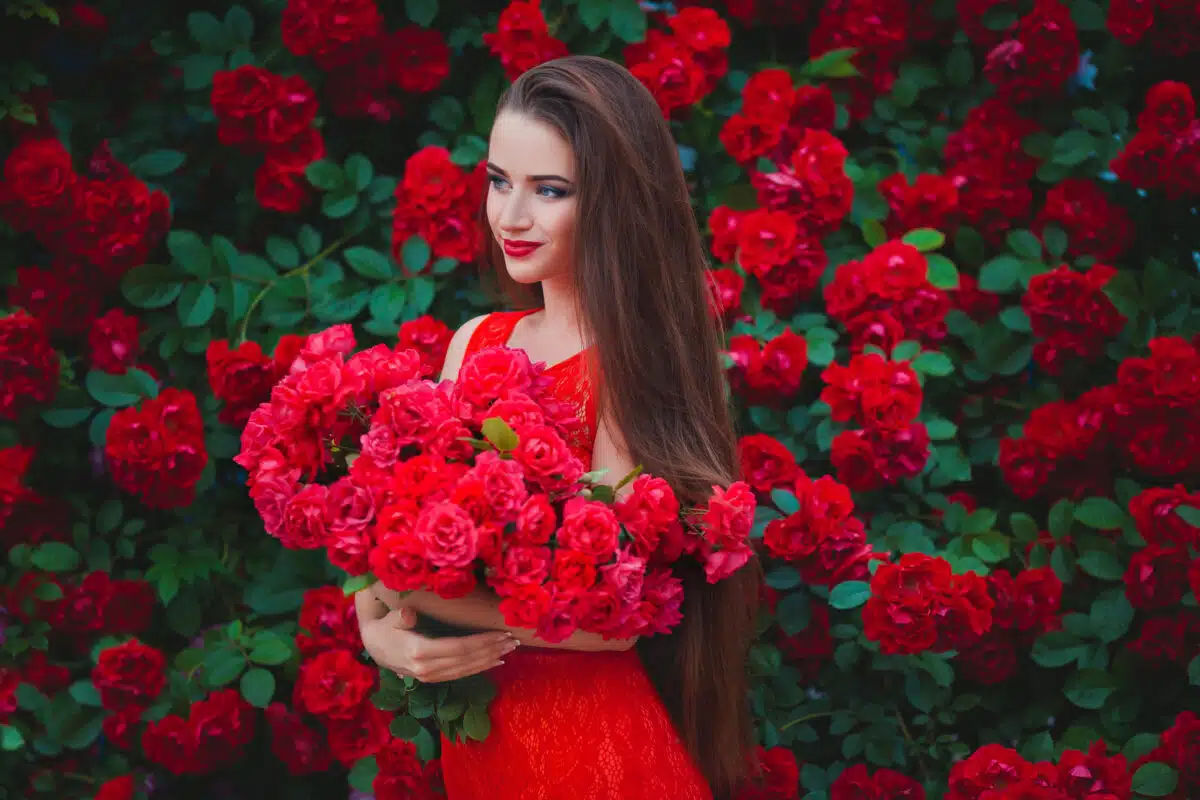
“To Roses in Julia’s Bosom” by Robert Herrick
Roses, you can never die,
Since the place wherein ye lie,
Heat and moisture mix’d are so
As to make ye ever grow.
“Wisdom” by Sara Teasdale
When I have ceased to break my wings
Against the faultiness of things,
And learned that compromises wait
Behind each hardly opened gate,
When I have looked Life in the eyes,
Grown calm and very coldly wise,
Life will have given me the Truth,
And taken in exchange, my youth.
“Childish Griefs” by Emily Elizabeth Dickinson
Softened by Time’s consummate plush,
How sleek the woe appears
That threatened childhood’s citadel
And undermined the years!
Bisected now by bleaker griefs,
We envy the despair
That devastated childhood’s realm,
So easy to repair.
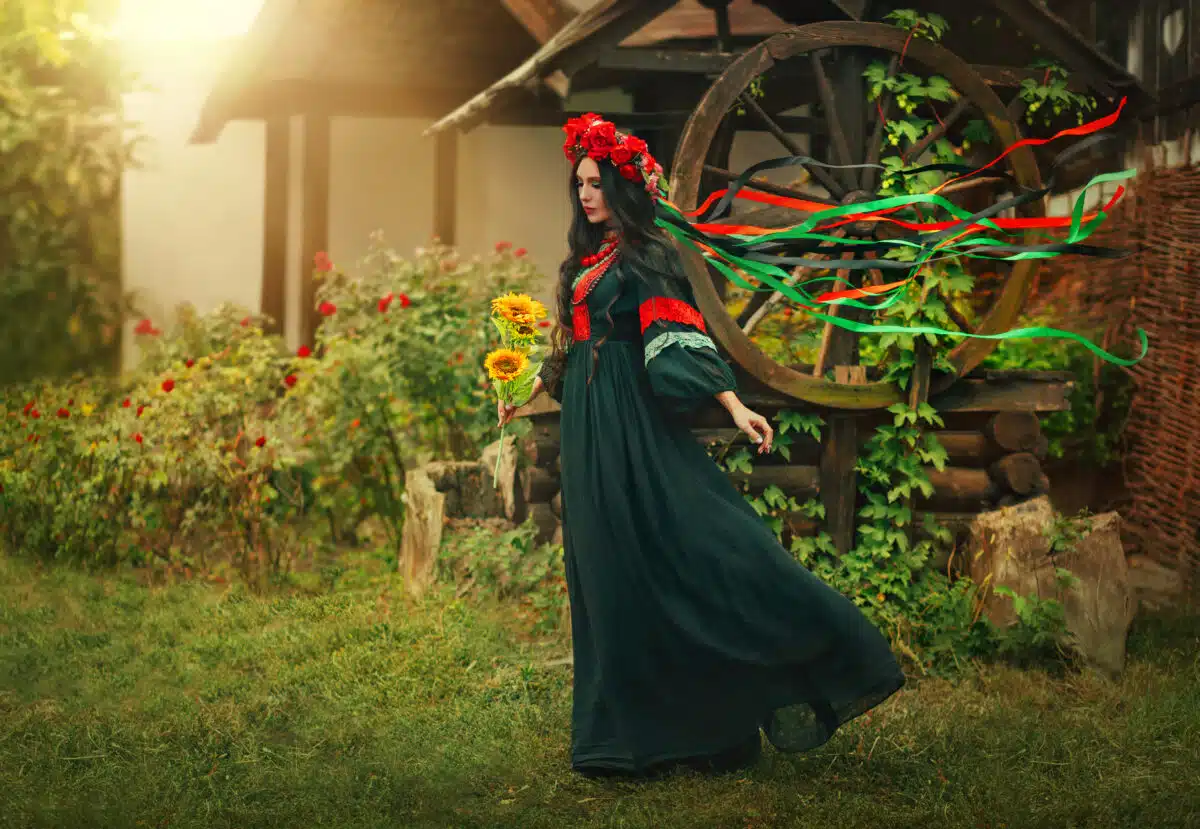
“The Shelter” by Emily Elizabeth Dickinson
The body grows outside, —
The more convenient way, —
That if the spirit like to hide,
Its temple stands alway
Ajar, secure, inviting;
It never did betray
The soul that asked its shelter
In timid honesty.
“To My Daughter” by Bayard Taylor
Learn to live, and live to learn,
Ignorance like a fire doth burn,
Little tasks make large return.
In thy labors patient be,
Afterward, released and free,
Nature will be bright to thee.
Toil, when willing, groweth less;
“Always play” may seem to bless,
Yet the end is weariness.
Live to learn, and learn to live,
Only this content can give;
Reckless joys are fugitive!
“Alexander Throckmorton” by Edgar Lee Masters
In youth my wings were strong and tireless,
But I did not know the mountains.
In age I knew the mountains
But my weary wings could not follow my vision—
Genius is wisdom and youth.
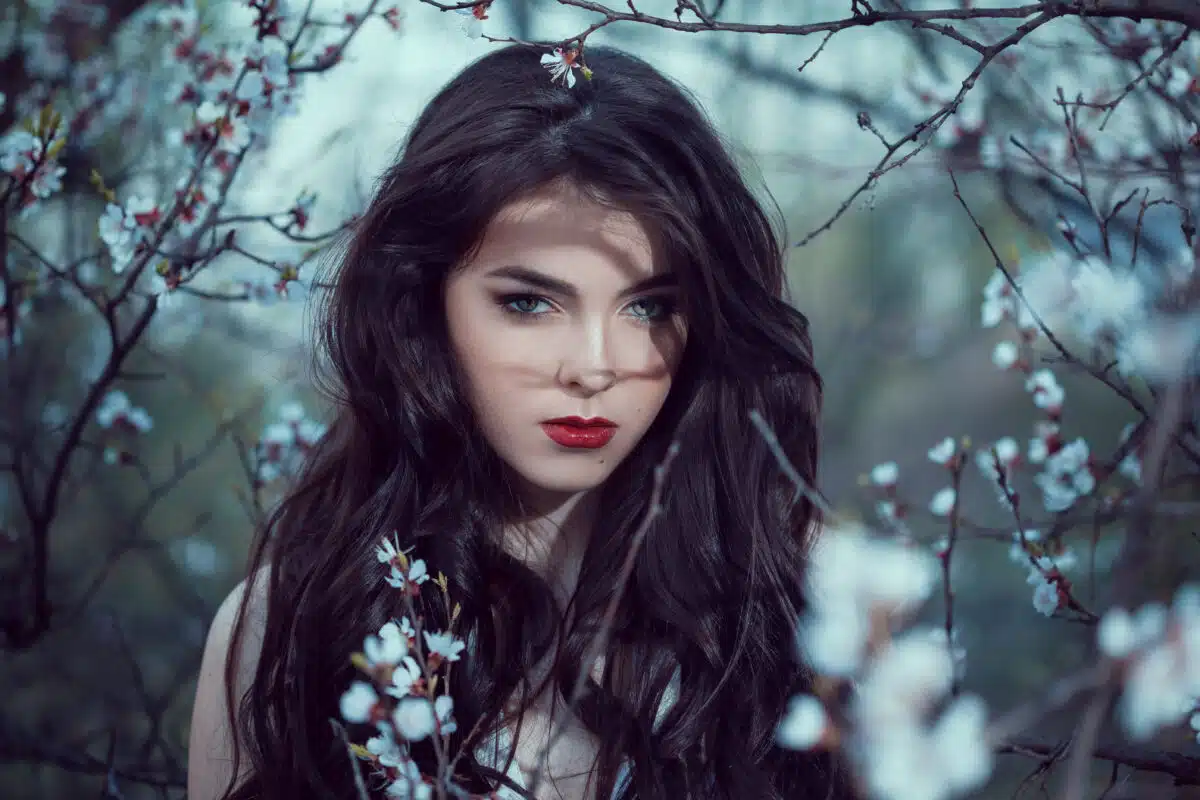
“Youth and Age” by W. B. Yeats
Much did I rage when young,
Being by the World oppressed,
But now with flattering tongue
It speeds the parting guest.
“Mistress Mary Quite Contrary” by Mother Goose
Mistress Mary, quite contrary
How does your garden grow?
With cockle-shells and silver bells,
And pretty maids all in a row.
“The Change” by Charles Philip Nettleton
Unconsciously we wail with life’s first breath,
So dark and dure the past throws down its shade;
But ripening years to strength and peace persuade
Our souls, and consciously, we smile at death.
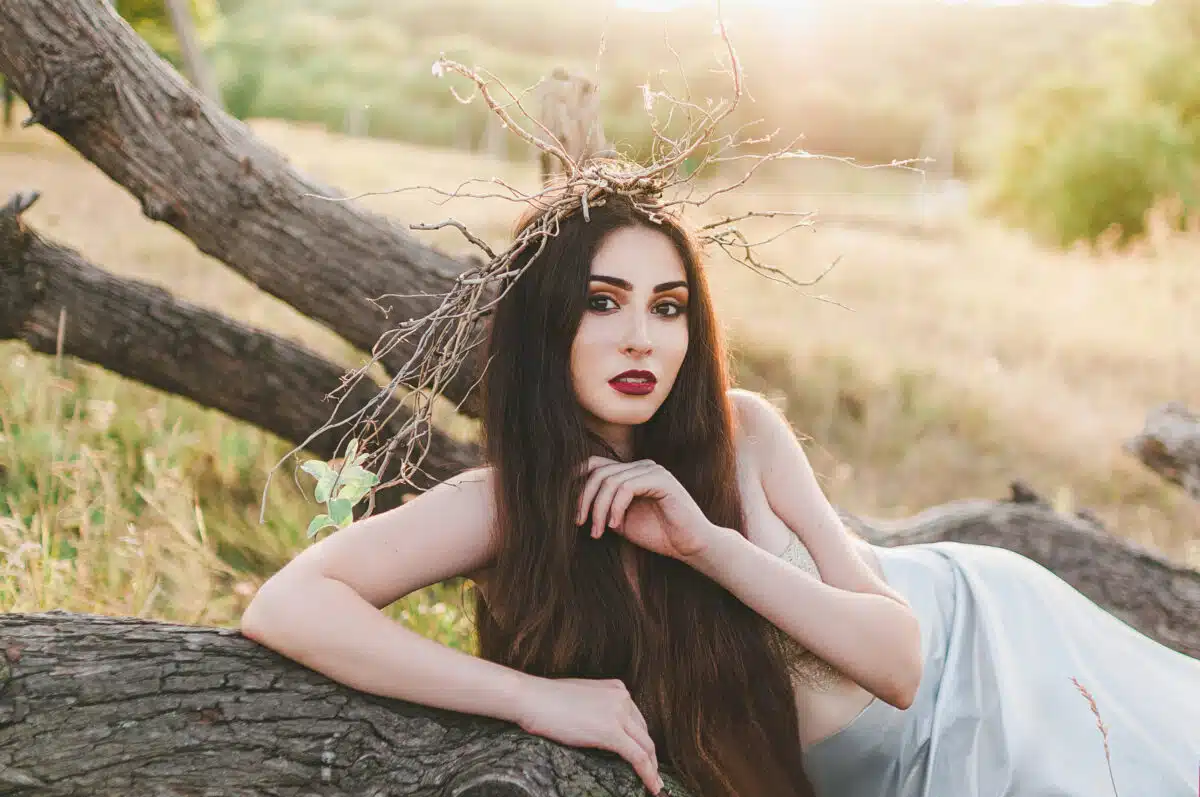
“An Oak” by Christina G. Rossetti
A toadstool comes up in a night —
Learn the lesson, little folk: —
An oak grows on a hundred years,
And then it is an oak.
“My Heart Leaps Up” by William Wordsworth
My heart leaps up when I behold
A rainbow in the sky:
So was it when my life began;
So is it now I am a man;
So be it when I shall grow old,
Or let me die!
The Child is father of the Man;
And I could wish my days to be
Bound each to each by natural piety.
Poems About Growth and Change
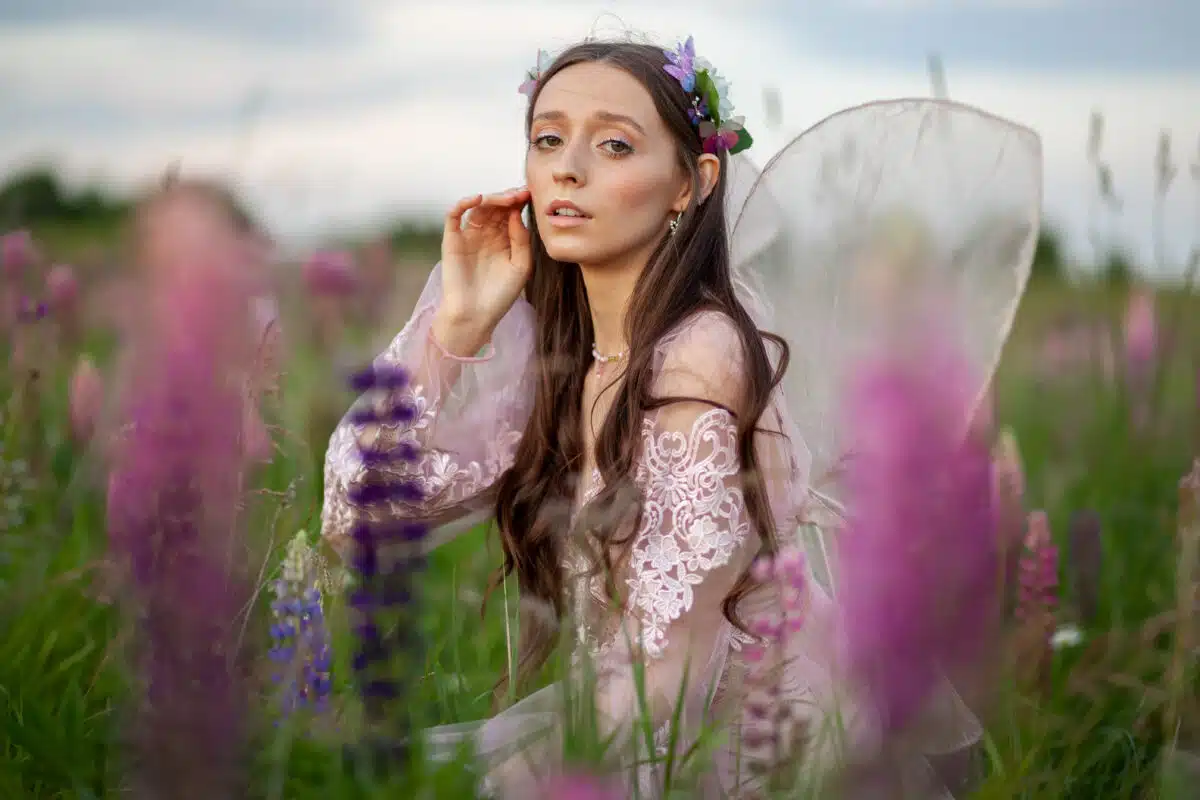
“Growing Old” by Matthew Arnold
What is it to grow old?
Is it to lose the glory of the form,
The lustre of the eye?
Is it for beauty to forgo her wreath?
Yes, but not this alone.
Is it to feel our strength—
Not our bloom only, but our strength—decay?
Is it to feel each limb
Grow stiffer, every function less exact,
Each nerve more weakly strung?
Yes, this, and more! but not,
Ah, ’tis not what in youth we dream’d ’twould be!
’Tis not to have our life
Mellow’d and soften’d as with sunset glow,
A golden day’s decline!
’Tis not to see the world
As from a height, with rapt prophetic eyes,
And heart profoundly stirr’d;
And weep, and feel the fullness of the past,
The years that are no more!
It is to spend long days
And not once feel that we were ever young.
It is to add, immured
In the hot prison of the present, month
To month with weary pain.
It is to suffer this,
And feel but half, and feebly, what we feel.
Deep in our hidden heart
Festers the dull remembrance of a change,
But no emotion—none.
It is—last stage of all—
When we are frozen up within, and quite
The phantom of ourselves,
To hear the world applaud the hollow ghost
Which blamed the living man.
“Growing Blind” by Rainer Maria Rilke
She sat, like all the rest of us, at tea.
It seemed at first as if she raised her cup
Not quite as all the others held theirs up.
She smiled: her smile was pitiful to see.
And when we rose at last with talk and laughter,
And through the many rooms with idle pace,
As chance would have it, strolled from place to place—
Then I saw her. She slowly followed after,
Restrained, like one who must be calm and cool
Because she soon will sing before a crowd;
Upon her happy eyes, without a cloud,
The light fell from outside, as on a pool.
She followed slowly, hesitating, shy,
As if some height or bridge must still be passed,
And yet—as if, when that was done, at last
She would no longer walk her way, but fly.
“Eighteen” by Susan Coolidge
Ah! grown a dim and fairy shade,
Dear child, who, fifteen years ago,
Out of our arms escaped and fled
With swift white feet, as if afraid,
To hide beneath the grass, the snow,
that sunny little head.
This is your birthday! Fair, so fair,
And grown to gracious maiden-height,
And versed in heavenly lore and ways;
White-vested as the angels are,
In very light of very light,
Somehow, somewhere, you keep the day
With those new friends, whom “new” we call,
But who are dearer now than we,
And better known by fate and name:
And do they smile and say, “How tall
The child becomes, how radiant, she
Who was so little when she came!”
Darling, we count your eighteen years,–
Fifteen in Heaven, on earth but three,–
And try to frame you grown and wise:
But all in vain; there still appears
Only the child you used to be,
Our baby with the violet eyes.
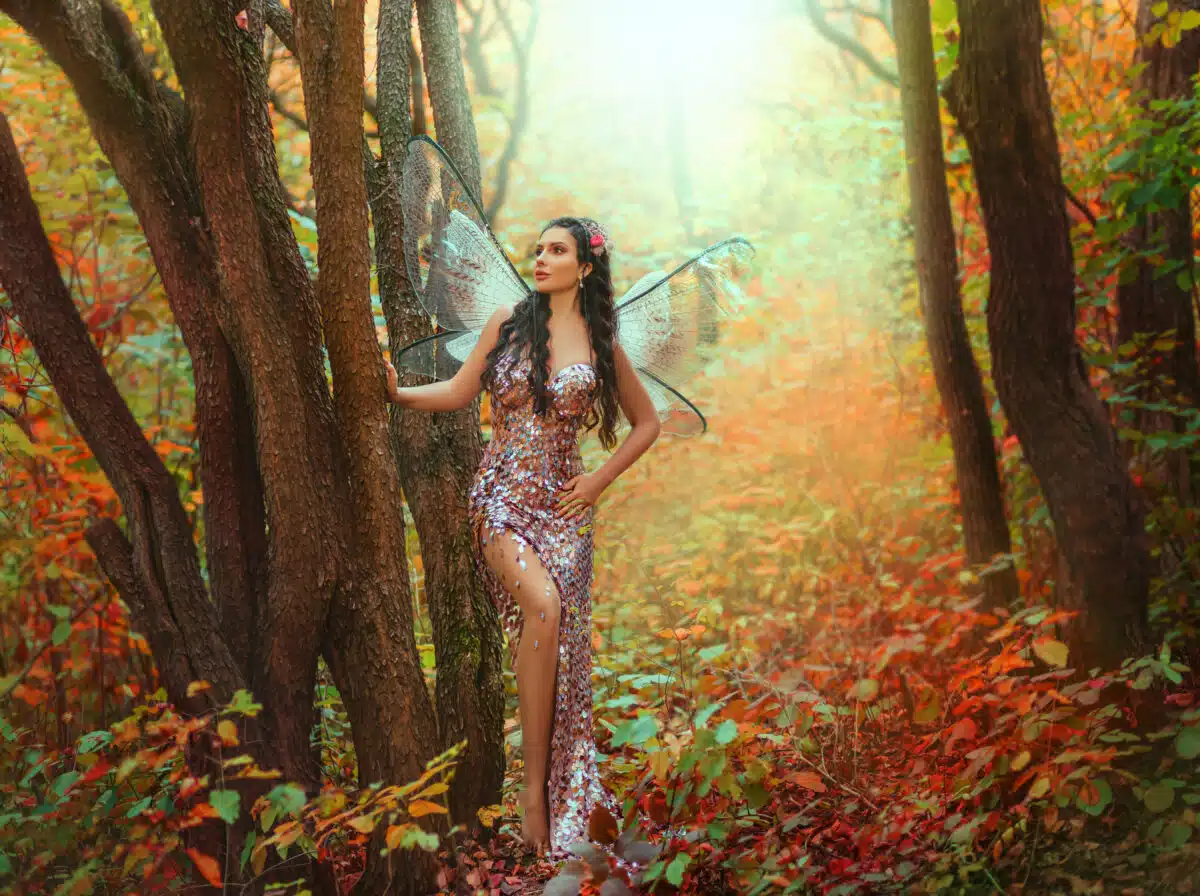
“It Is Not Growing Like A Tree” by Ben Jonson
It is not growing like a tree
In bulk doth make Man better be;
Or standing long an oak, three hundred year,
To fall a log at last, dry, bald, and sere:
A lily of a day
Is fairer far in May,
Although it fall and die that night
It was the plant and flower of light.
In small proportions we just beauties see;
And in short measures life may perfect be.
“Twenty Years Ago” by Hanford Lennox Gordon
I am growing old and weary
Ere yet my locks are gray;
Before me lies eternity,
Behind me-but a day.
How fast the years are vanishing!
They melt like April snow:
It seems to me but yesterday-
Twenty years ago.
There’s the school-house on the hill-side,
And the romping scholars all;
Where we used to con our daily tasks,
And play our games of ball.
They rise to me in visions-
In sunny dreams-and ho’
I sport among the boys and girls
Twenty years ago.
We played at ball in summer time-
We boys-with hearty will;
With merry shouts in winter time
We coasted on the hill.
We would choose our chiefs, divide in bands,
And build our forts of snow,
And storm those forts right gallantly-
Twenty years ago.
Last year in June I visited
That dear old sacred spot,
But the school-house on the hill-side
And the merry shouts were not.
A church was standing where it stood;
I looked around, but no-
I could not see the boys and girls
Of twenty years ago.
There was sister dear, and brother,
Around the old home-hearth;
And a tender, Christian mother,
Too angel-like for earth.
She used to warn me from the paths
Where thorns and brambles grow,
And lead me in the “narrow way”-
Twenty years ago.
I loved her and I honored her
Through all my boyhood years;
I knew her joys-I knew her cares-
I knew her hopes and fears.
But alas, one autumn morning
She left her home below,
And she left us there a-weeping-
Twenty years ago.
They bore her to the church-yard,
With slow and solemn pace;
And there I took my last fond look
On her dear, peaceful face.
They lowered her in her silent grave,
While we bowed our heads in woe,
And they heaped the sods above her head-
Twenty years ago.
That low, sweet voice-my mother’s voice-
I never can forget;
And in those loving eyes I see
The big tears trembling yet.
I try to tread the “narrow way;”
I stumble oft I know:
I miss-how much!-the helping hand
Of twenty years ago.
Mary-(Mary I will call you-
‘Tis not the old-time name)
Sainted Mary-blue-eyed Mary-
Are you in heaven the same?
Are your eyes as bright and beautiful,
Your cheeks as full of glow,
As when the school-boy kissed you, May,
Twenty years ago?
How we swung upon the grape-vine
Down by the Genesee;
And I caught the speckled trout for you,
While you gathered flowers for me:
How we rambled o’er the meadows
With brows and cheeks aglow,
And hearts like God’s own angels-
Twenty years ago.
How our young hearts grew together
Until they beat as one;
Distrust it could not enter;
Cares and fears were none.
All my love was yours, dear Mary,
‘Twas boyish love, I know;
But I ne’er have loved as then I loved-
Twenty years ago.
How we pictured out the future-
The golden coming years,
And saw no cloud in all our sky,
No gloomy mist of tears;
But ah-how vain are human hopes!
The angels came-and O-
They bore my darling up to heaven-
Twenty years ago.
I will not tell-I cannot tell-
What anguish wrung my soul;
But a silent grief is on my heart
Though the years so swiftly roll;
And I cannot shake it off, May,
This lingering sense of woe,
Though I try to drown the memory
Of twenty years ago.
I am fighting life’s stern battle, May,
With all my might and main;
But a seat by you and mother there
Is the dearest prize to gain;
And I know you both are near me,
Whatever winds may blow,
For I feel your spirits cheer me
Like twenty years ago.
“The Aurora Borealis” by George MacDonald
Now have I grown a sharpness and an edge
Unto my future nights, and I will cut
Sheer through the ebon gates that yet will shut
On every set of day; or as a sledge
Drawn over snowy plains; where not a hedge
Breaks this Aurora’s dancing, nothing but
The one cold Esquimaux’ unlikely hut
That swims in the broad moonlight! Lo, a wedge
Of the clean meteor hath been brightly driven
Right home into the fastness of the north!
Anon it quickeneth up into the heaven!
And I with it have clomb and spreaded forth
Upon the crisp and cooling atmosphere!
My soul is all abroad: I cannot find it here!
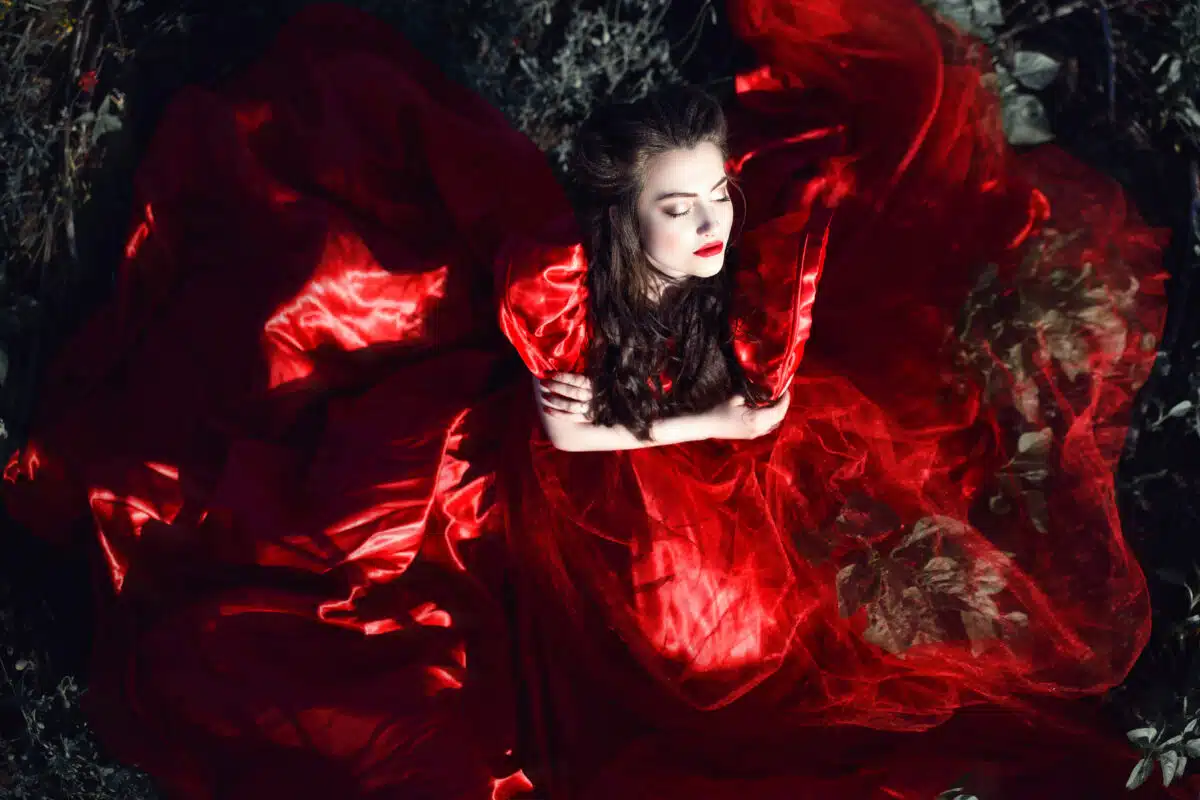
“O Jesus Christ, Grow Thou in Me” by Henry B. Smith
O Jesus Christ, grow thou in me,
And all things else recede!
My heart be daily nearer thee,
From sin be daily freed.
Each day let Thy supporting might
My weakness still embrace;
My darkness vanish in thy light,
Thy life my death efface.
In thy bright beams which on me fall
Fade every evil thought;
That I am nothing, Thou art all,
I would be daily taught.
More of thy glory let me see,
Thou holy, wise and true,
I would thy living image be,
In joy and sorrow too.
Fill me with gladness from above,
Hold me by strength divine;
Lord, let the glow of thy great love
Through my whole being shine.
Make this poor self grow less and less;
Be Thou my life and aim;
Oh, make me daily through thy grace
More meet to bear thy name!
Let faith in Thee and in thy might
My every motive move;
Be thou alone my soul’s delight,
My passion and my love.
“Pietà” by Rainer Maria Rilke
Fills now my cup, and past thought is
my fulness thereof. I harden as a stone
sets hard at its heart.
Hard that I am, I know this alone:
that thou didst grow—
— — — — — and grow,
to outgrow,
as too great pain,
my heart’s reach utterly.
Now liest thou my womb athwart,
now can I not to thee again
give birth.
“In The Matter Of Two Men” by James D. Corrothers
One does such work as one will not,
And well each knows the right;
Though the white storm howls, or the sun is hot,
The black must serve the white.
And it’s, oh, for the white man’s softening flesh,
While the black man’s muscles grow!
Well I know which grows the mightier,
I know; full well I know.
The white man seeks the soft, fat place,
And he moves and he works by rule.
Ingenious grows the humbler race
In Oppression’s prodding school.
And it’s, oh, for a white man gone to seed,
While the Negro struggles so!
And I know which race develops most,
I know; yes, well I know.
The white man rides in a palace car,
And the Negro rides “Jim Crow”
To damn the other with bolt and bar,
One creepeth so low; so low!
And it’s, oh, for a master’s nose in the mire,
While the humbled hearts o’erflow!
Well I know whose soul grows big at this,
And whose grows small; I know!
The white man leases out his land,
And the Negro tills the same.
One works; one loafs and takes command;
But I know who wins the game!
And it’s, oh, for the white man’s shrinking soil.
As the black’s rich acres grow!
Well I know how the signs point out at last,
I know; ah, well I know!
The white man votes for his color’s sake.
While the black, for his is barred;
(Though “ignorance” is the charge they make),
But the black man studies hard.
And it’s, oh, for the white man’s sad neglect,
For the power of his light let go!
So, I know which man must win at last,
I know! Ah, Friend, I know!

“Sonnet 73” by William Shakespeare
That time of year thou mayst in me behold
When yellow leaves, or none, or few, do hang
Upon those boughs which shake against the cold,
Bare ruined choirs, where late the sweet birds sang.
In me thou see’st the twilight of such day
As after sunset fadeth in the west;
Which by and by black night doth take away,
Death’s second self, that seals up all in rest.
In me thou see’st the glowing of such fire,
That on the ashes of his youth doth lie,
As the deathbed whereon it must expire,
Consumed with that which it was nourished by.
This thou perceiv’st, which makes thy love more strong,
To love that well which thou must leave ere long.
“I Remember, I Remember” by Thomas Hood
I remember, I remember,
The house where I was born,
The little window where the sun
Came peeping in at morn;
He never came a wink too soon,
Nor brought too long a day,
But now, I often wish the night
Had borne my breath away!
I remember, I remember,
The roses, red and white,
The vi’lets, and the lily-cups,
Those flowers made of light!
The lilacs where the robin built,
And where my brother set
The laburnum on his birthday,—
The tree is living yet!
I remember, I remember,
Where I was used to swing,
And thought the air must rush as fresh
To swallows on the wing;
My spirit flew in feathers then,
That is so heavy now,
And summer pools could hardly cool
The fever on my brow!
I remember, I remember,
The fir trees dark and high;
I used to think their slender tops
Were close against the sky:
It was a childish ignorance,
But now ’tis little joy
To know I’m farther off from heav’n
Than when I was a boy.
“Change” by Sara Teasdale
Remember me as I was then;
Turn from me now, but always see
The laughing shadowy girl who stood
At midnight by the flowering tree,
With eyes that love had made as bright
As the trembling stars of the summer night.
Turn from me now, but always hear
The muted laughter in the dew
Of that one year of youth we had,
The only youth we ever knew,
Turn from me now, or you will see
What other years have done to me.

“Selling the Old Home” by Edgar Albert Guest
The little house has grown too small, or rather we have grown
Too big to dwell within the walls where all our joys were known.
And so, obedient to the wish of her we love so well,
I have agreed for sordid gold the little home to sell.
Now strangers come to see the place, and secretly I sigh,
And deep within my breast I hope that they’ll refuse to buy.
“This bedroom’s small,” one woman said; up went her nose in scorn!
To me that is the splendid room where little Bud was born.
“The walls are sadly finger-marked,” another stranger said.
A lump came rising in my throat; I felt my cheeks grow red.
“Yes, yes,” I answered, “so they are. The fingermarks are free
But I’d not leave them here if I could take them all with me.”
“The stairway shows the signs of wear.” I answered her in heat,
“That’s but the glorious sign to me of happy little feet.
Most anyone can have a flight of shiny stairs and new
But those are steps where joy has raced, and love and laughter, too.”
“This paper’s ruined! Here are scrawled some pencil marks, I note.”
I’d treasured them for years. They were the first he ever wrote.
Oh I suppose we’ll sell the place; it’s right that we should go;
The children must have larger rooms in which to live and grow.
But all my joys were cradled here; ’tis here I’ve lived my best,
‘Tis here, whatever else shall come, we’ve been our happiest;
And though into a stranger’s hands this home I shall resign,
And take his gold in pay for it, I still shall call it mine.
Poems About Growth and Maturity
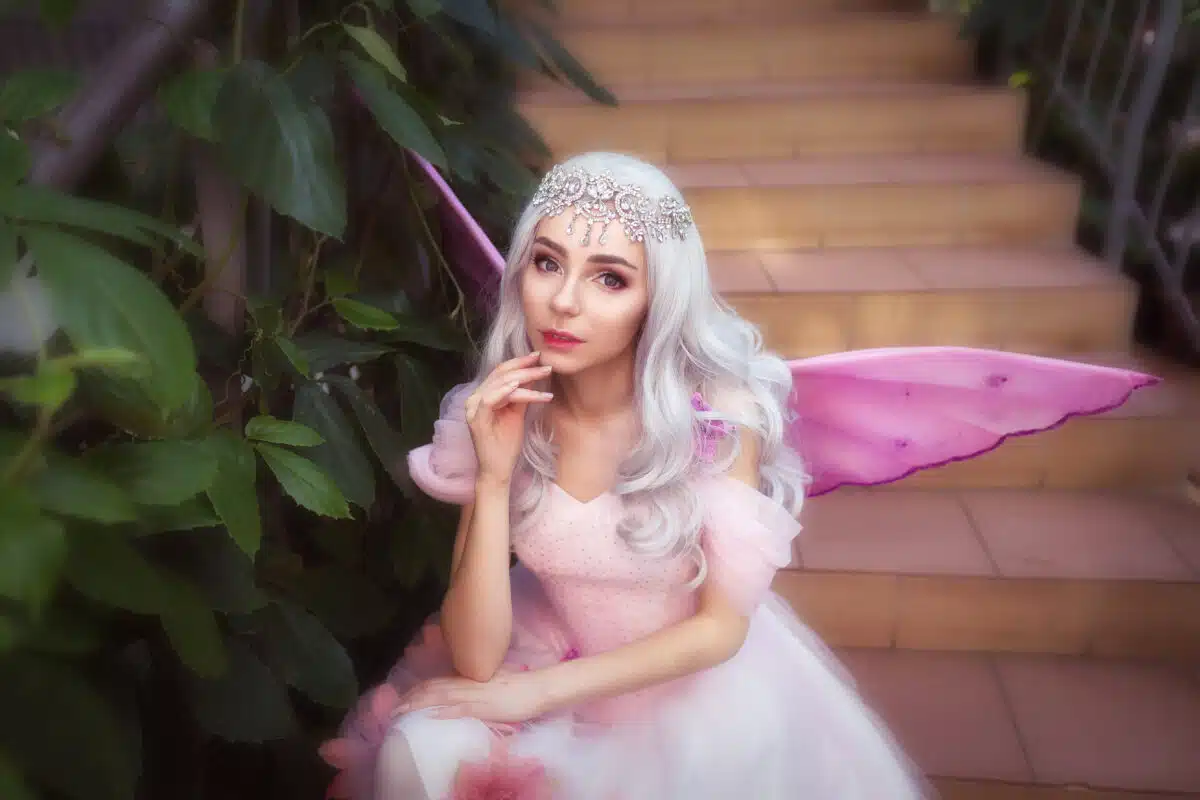
“Growing Gray” by Austin Dobson
A little more toward the light.
Me miserum. Here ’s one that ’s white,
And one that ’s turning;
Adieu to song and “salad days.”
My Muse, let ’s go at once to Jay’s
And order mourning.
We must reform our rhymes, my dear,
Renounce the gay for the severe,—
Be grave, not witty;
We have no more the right to find
That Pyrrha’s hair is neatly twined,
That Chloe ’s pretty.
Young Love ’s for us a farce that ’s played;
Light canzonet and serenade
No more may tempt us;
Gray hairs but ill accord with dreams;
From aught but sour didactic themes
Our years exempt us.
“À la bonne heure!” You fancy so?
You think for one white streak we grow
At once satiric?
A fiddlestick! Each hair ’s a string
To which our graybeard Muse shall sing
A younger lyric.
Our heart ’s still sound. Shall “cakes and ale”
Grow rare to youth because we rail
At school-boy dishes?
Perish the thought! ’T is ours to sing,
Though neither Time nor Tide can bring
Belief with wishes.
“Rabbi Ben Ezra” by Robert Browning
Grow old along with me!
The best is yet to be,
The last of life, for which the first was made:
Our times are in His hand
Who saith “A whole I planned,
Youth shows but half; trust God: see all, nor be afraid!”
Not that, amassing flowers,
Youth sighed “Which rose make ours,
Which lily leave and then as best recall?”
Not that, admiring stars,
It yearned “Nor Jove, nor Mars;
Mine be some figured flame which blends, transcends them all!”
Not for such hopes and fears
Annulling youth’s brief years,
Do I remonstrate: folly wide the mark!
Rather I prize the doubt
Low kinds exist without,
Finished and finite clods, untroubled by a spark.
Poor vaunt of life indeed,
Were man but formed to feed
On joy, to solely seek and find and feast:
Such feasting ended, then
As sure an end to men;
Irks care the crop-full bird? Frets doubt the maw-crammed beast?
Rejoice we are allied
To That which doth provide
And not partake, effect and not receive!
A spark disturbs our clod;
Nearer we hold of God
Who gives, than of His tribes that take, I must believe.
Then, welcome each rebuff
That turns earth’s smoothness rough,
Each sting that bids nor sit nor stand but go!
Be our joys three-parts pain!
Strive, and hold cheap the strain;
Learn, nor account the pang; dare, never grudge the throe!
For thence,—a paradox
Which comforts while it mocks,—
Shall life succeed in that it seems to fail:
What I aspired to be,
And was not, comforts me:
A brute I might have been, but would not sink i’ the scale.
What is he but a brute
Whose flesh has soul to suit,
Whose spirit works lest arms and legs want play?
To man, propose this test—
Thy body at its best,
How far can that project thy soul on its lone way?
Yet gifts should prove their use:
I own the Past profuse
Of power each side, perfection every turn:
Eyes, ears took in their dole,
Brain treasured up the whole;
Should not the heart beat once “How good to live and learn?”
Not once beat “Praise be Thine!
I see the whole design,
I, who saw power, see now love perfect too:
Perfect I call Thy plan:
Thanks that I was a man!
Maker, remake, complete,—I trust what Thou shalt do!”
For pleasant is this flesh;
Our soul, in its rose-mesh
Pulled ever to the earth, still yearns for rest;
Would we some prize might hold
To match those manifold
Possessions of the brute,—gain most, as we did best!
Let us not always say,
“Spite of this flesh to-day
I strove, made head, gained ground upon the whole!”
As the bird wings and sings,
Let us cry “All good things
Are ours, nor soul helps flesh more, now, than flesh helps soul!”
Therefore I summon age
To grant youth’s heritage,
Life’s struggle having so far reached its term:
Thence shall I pass, approved
A man, for aye removed
From the developed brute; a god though in the germ.
And I shall thereupon
Take rest, ere I be gone
Once more on my adventure brave and new:
Fearless and unperplexed,
When I wage battle next,
What weapons to select, what armour to indue.
Youth ended, I shall try
My gain or loss thereby;
Leave the fire ashes, what survives is gold:
And I shall weigh the same,
Give life its praise or blame:
Young, all lay in dispute; I shall know, being old.
For note, when evening shuts,
A certain moment cuts
The deed off, calls the glory from the grey:
A whisper from the west
Shoots—”Add this to the rest,
Take it and try its worth: here dies another day.”
So, still within this life,
Though lifted o’er its strife,
Let me discern, compare, pronounce at last,
This rage was right i’ the main,
That acquiescence vain:
The Future I may face now I have proved the Past.”
For more is not reserved
To man, with soul just nerved
To act to-morrow what he learns to-day:
Here, work enough to watch
The Master work, and catch
Hints of the proper craft, tricks of the tool’s true play.
As it was better, youth
Should strive, through acts uncouth,
Toward making, than repose on aught found made:
So, better, age, exempt
From strife, should know, than tempt
Further. Thou waitedst age: wait death nor be afraid!
Enough now, if the Right
And Good and Infinite
Be named here, as thou callest thy hand thine own
With knowledge absolute,
Subject to no dispute
From fools that crowded youth, nor let thee feel alone.
Be there, for once and all,
Severed great minds from small,
Announced to each his station in the Past!
Was I, the world arraigned,
Were they, my soul disdained,
Right? Let age speak the truth and give us peace at last!
Now, who shall arbitrate?
Ten men love what I hate,
Shun what I follow, slight what I receive;
Ten, who in ears and eyes
Match me: we all surmise,
They this thing, and I that: whom shall my soul believe?
Not on the vulgar mass
Called “work,” must sentence pass,
Things done, that took the eye and had the price;
O’er which, from level stand,
The low world laid its hand,
Found straightway to its mind, could value in a trice:
But all, the world’s coarse thumb
And finger failed to plumb,
So passed in making up the main account;
All instincts immature,
All purposes unsure,
That weighed not as his work, yet swelled the man’s amount:
Thoughts hardly to be packed
Into a narrow act,
Fancies that broke through language and escaped;
All I could never be,
All, men ignored in me,
This, I was worth to God, whose wheel the pitcher shaped.
Ay, note that Potter’s wheel,
That metaphor! and feel
Why time spins fast, why passive lies our clay,—
Thou, to whom fools propound,
When the wine makes its round,
“Since life fleets, all is change; the Past gone, seize to-day!”
Fool! All that is, at all,
Lasts ever, past recall;
Earth changes, but thy soul and God stand sure:
What entered into thee,
That was, is, and shall be:
Time’s wheel runs back or stops: Potter and clay endure.
He fixed thee mid this dance
Of plastic circumstance,
This Present, thou, forsooth, wouldst fain arrest:
Machinery just meant
To give thy soul its bent,
Try thee and turn thee forth, sufficiently impressed.
What though the earlier grooves,
Which ran the laughing loves
Around thy base, no longer pause and press?
What though, about thy rim,
Skull-things in order grim
Grow out, in graver mood, obey the sterner stress?
Look not thou down but up!
To uses of a cup,
The festal board, lamp’s flash and trumpet’s peal,
The new wine’s foaming flow,
The Master’s lips a-glow!
Thou, heaven’s consummate cup, what need’st thou with earth’s wheel?
But I need, now as then,
Thee, God, who mouldest men;
And since, not even while the whirl was worst,
Did I,—to the wheel of life
With shapes and colours rife,
Bound dizzily,—mistake my end, to slake Thy thirst:
So, take and use Thy work:
Amend what flaws may lurk,
What strain o’ the stuff, what warpings past the aim!
My times be in Thy hand!
Perfect the cup as planned!
Let age approve of youth, and death complete the same!
“The Solitary” by Sara Teasdale
My heart has grown rich with the passing of years,
I have less need now than when I was young
To share myself with every comer
Or shape my thoughts into words with my tongue.
It is one to me that they come or go
If I have myself and the drive of my will,
And strength to climb on a summer night
And watch the stars swarm over the hill.
Let them think I love them more than I do,
Let them think I care, though I go alone;
If it lifts their pride, what is it to me
Who am self-complete as a flower or a stone.
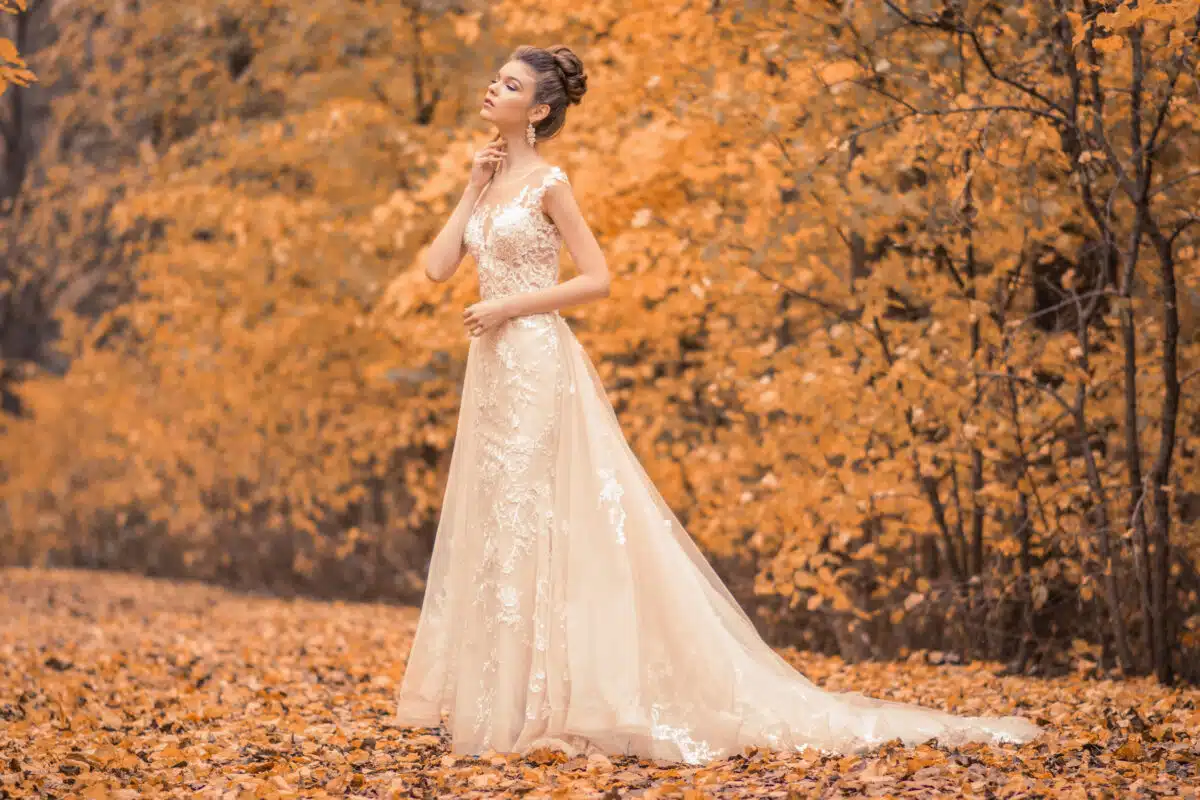
“When Fanny to Woman Is Growing Apace” by W. Yates
When Fanny to woman is growing apace,
The rose-bud beginning to blow in her face,
For mamma’s wise precepts she cares not a jot,
Her heart pants for something—she cannot tell what.
No sooner the wanton her freedom obtains,
Than among the gay youths a tyrant she reigns;
And finding her beauty such power has got,
Her heart pants for something—she cannot tell what.
Tho’ all day in splendor she flaunts it about,
At court, park, and play, the ridotto, and rout;
Though flatter’d and envy’d, she pines at her lot,
Her heart pants for something—but cannot tell what.
A touch of the hand, or a glance of the eye,
From him she likes best make her ready to die;
Not knowing ’tis Cupid his arrow has shot,
Her heart pants for something—but cannot tell what.
Ye fair take advice, and be blest while you may,
Each look, word, and action, your wishes betray;
Give ease to your hearts by the conjugal knot,
Tho’ they pant e’er so much—you’ll soon know for what.
“If” by Rudyard Kipling
If you can keep your head when all about you
Are losing theirs and blaming it on you;
If you can trust yourself when all men doubt you,
But make allowance for their doubting too;
If you can wait and not be tired by waiting,
Or, being lied about, don’t deal in lies,
Or, being hated, don’t give way to hating,
And yet don’t look too good, nor talk too wise;
If you can dream—and not make dreams your master;
If you can think—and not make thoughts your aim;
If you can meet with triumph and disaster
And treat those two impostors just the same;
If you can bear to hear the truth you’ve spoken
Twisted by knaves to make a trap for fools,
Or watch the things you gave your life to broken,
And stoop and build ’em up with wornout tools;
If you can make one heap of all your winnings
And risk it on one turn of pitch-and-toss,
And lose, and start again at your beginnings
And never breathe a word about your loss;
If you can force your heart and nerve and sinew
To serve your turn long after they are gone,
And so hold on when there is nothing in you
Except the Will which says to them: “Hold on”;
If you can talk with crowds and keep your virtue,
Or walk with kings—nor lose the common touch;
If neither foes nor loving friends can hurt you;
If all men count with you, but none too much;
If you can fill the unforgiving minute
With sixty seconds’ worth of distance run—
Yours is the Earth and everything that’s in it,
And—which is more—you’ll be a Man, my son!
“A Psalm of Life” by Henry Wadsworth Longfellow
Tell me not, in mournful numbers,
Life is but an empty dream!
For the soul is dead that slumbers,
And things are not what they seem.
Life is real! Life is earnest!
And the grave is not its goal;
Dust thou art, to dust returnest,
Was not spoken of the soul.
Not enjoyment, and not sorrow,
Is our destined end or way;
But to act, that each to-morrow
Find us farther than to-day.
Art is long, and Time is fleeting,
And our hearts, though stout and brave,
Still, like muffled drums, are beating
Funeral marches to the grave.
In the world’s broad field of battle,
In the bivouac of Life,
Be not like dumb, driven cattle!
Be a hero in the strife!
Trust no Future, howe’er pleasant!
Let the dead Past bury its dead!
Act,— act in the living Present!
Heart within, and God o’erhead!
Lives of great men all remind us
We can make our lives sublime,
And, departing, leave behind us
Footprints on the sands of time;
Footprints, that perhaps another,
Sailing o’er life’s solemn main,
A forlorn and shipwrecked brother,
Seeing, shall take heart again.
Let us, then, be up and doing,
With a heart for any fate;
Still achieving, still pursuing,
Learn to labor and to wait.
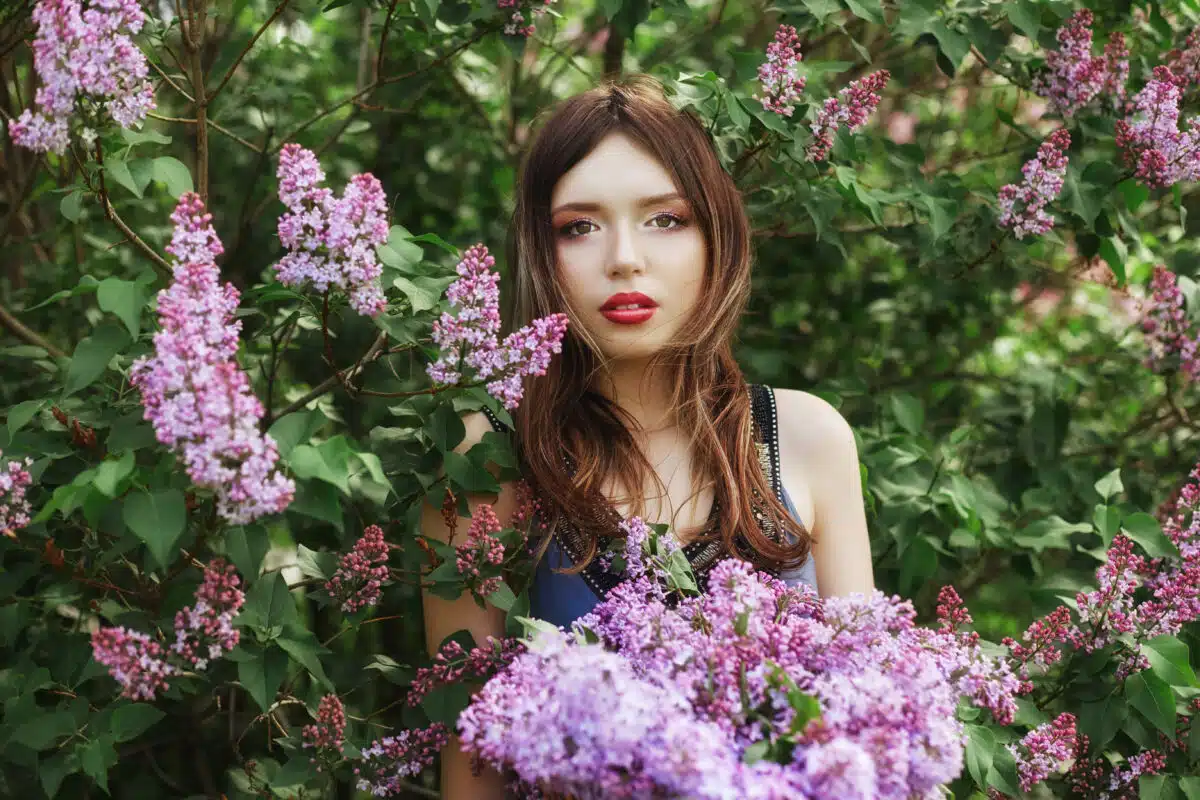
“On His Being Arrived to the Age of Twenty-Three” by John Milton
How soon hath Time the suttle theef of youth,
Stoln on his wing my three and twentith yeer!
My hasting dayes flie on with full career,
But my late spring no bud or blossom show’th.
Perhaps my semblance might deceive the truth,
That I to manhood am arriv’d so near,
And inward ripeness doth much less appear,
That som more timely-happy spirits indu’th.
It shall be still in strictest measure eev’n,
To that same lot, however mean, or high,
Toward which Time leads me, and the will of Heav’n;
All is, if I have grace to use it so,
As ever in my great task Masters eye.
“When I Was One-And-Twenty” by A. E. Housman
When I was one-and-twenty
I heard a wise man say,
‘Give crowns and pounds and guineas
But not your heart away;
Give pearls away and rubies
But keep your fancy free.’
But I was one-and-twenty,
No use to talk to me.
When I was one-and-twenty
I heard him say again,
‘The heart out of the bosom
Was never given in vain;
’Tis paid with sighs a plenty
And sold for endless rue.’
And I am two-and-twenty,
And oh, ’tis true, ’tis true.
“Old Photographs” by George Augustus Baker, Jr.
Old lady, put your glasses on,
With polished lenses, mounting golden,
And once again look slowly through
The album olden.
How the old portraits take you back
To friends who once would ’round you gather
All scattered now, like frosted leaves
In blustering weather.
Why, who is this, the bright coquette?
Her eyes with Love’s bright arrows laden
“Poor Nell, she’s living single yet,
An ancient maiden.”
And this, the fragile poetess?
Whose high soul-yearnings nought can smother
“She’s stouter far than I am now,
A kind grandmother.”
Who is this girl with flowing curls,
Who on the golden future muses?
“What splendid hair she had! and now
A ‘front’ she uses.”
And this? “Why, if it’s not my own;
And did I really e’er resemble
That bright young creature? Take the book
My old hands tremble.
“It seems that only yesterday
We all were young; ah, how time passes!”
Old lady, put the album down,
And wipe your glasses.
Poems About Growth and Development
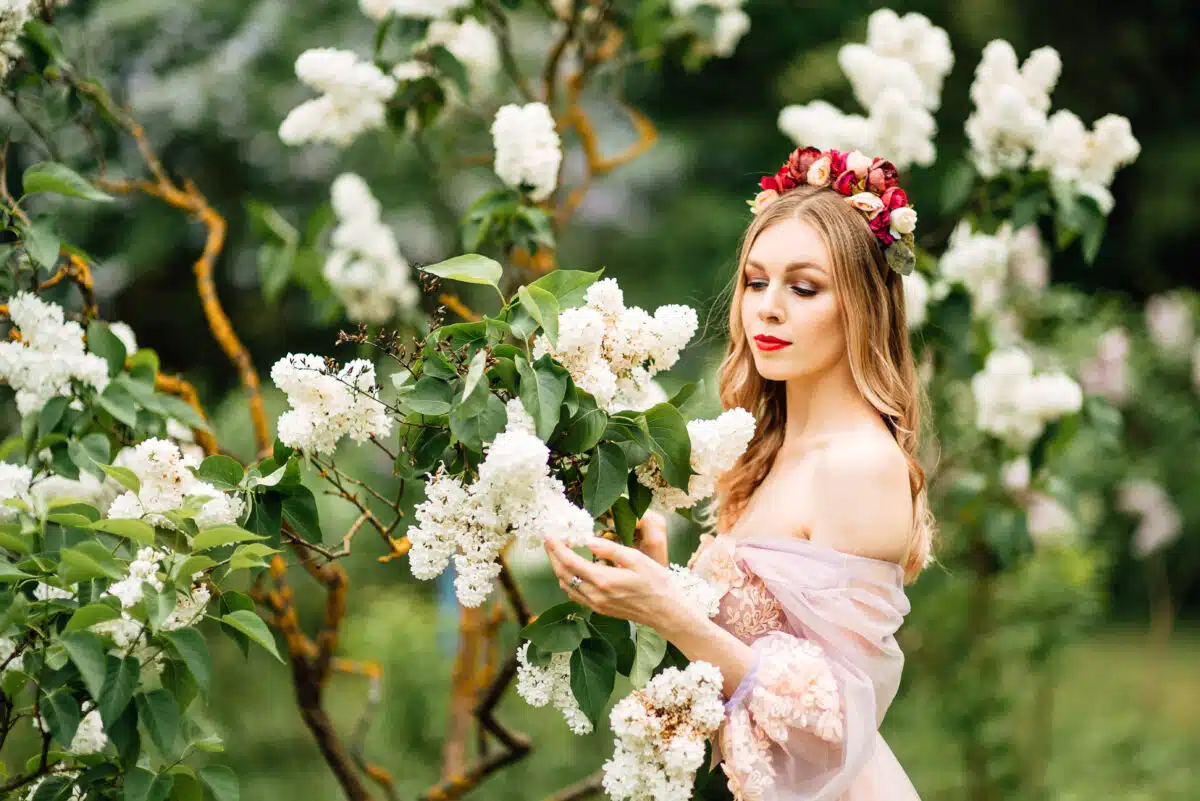
“Growth” by Johann Wolfgang von Goethe
O’er field and plain, in childhood’s artless days,
Thou sprang’st with me, on many a spring-morn fair.
“For such a daughter, with what pleasing care,
Would I, as father, happy dwellings raise!”
And when thou on the world didst cast thy gaze,
Thy joy was then in household toils to share.
“Why did I trust her, why she trust me e’er?
For such a sister, how I Heaven should praise!”
Nothing can now the beauteous growth retard;
Love’s glowing flame within my breast is fann’d.
Shall I embrace her form, my grief to end?
Thee as a queen must I, alas, regard:
So high above me placed thou seem’st to stand;
Before a passing look I meekly bend.
“The Growth of Madrid” by Luis de Góngora
The nile endures no shores; Madrid no walls:
Mark, stranger, how the flood is on its way,
The flood of houses; scarcely will it stay,
Where Manzanares into Tagus falls.
It is a sight that back to memory calls
The glory of Egyptian Memphis; nay,
More great the wonder; to a later day
Shall stand these firm and rock-built palace-halls;
Imperial seat of monarchs throned on high,
Birthplace of princes, Beauty’s beaming sphere,
And scene of proudest Fortune’s pageantry;
Whose state shall Envy’s venomed fangs outwear,
Howe’er she chafe in secret. Homeward hie
In peace, and bid thy land the tidings hear.
“Sonnet 11” by William Shakespeare
As fast as thou shalt wane, so fast thou grow’st
In one of thine, from that which thou departest;
And that fresh blood which youngly thou bestow’st,
Thou mayst call thine when thou from youth convertest.
Herein lives wisdom, beauty, and increase;
Without this folly, age, and cold decay:
If all were minded so, the times should cease
And threescore year would make the world away.
Let those whom nature hath not made for store,
Harsh, featureless, and rude, barrenly perish:
Look whom she best endow’d, she gave the more;
Which bounteous gift thou shouldst in bounty cherish:
She carv’d thee for her seal, and meant thereby,
Thou shouldst print more, not let that copy die.
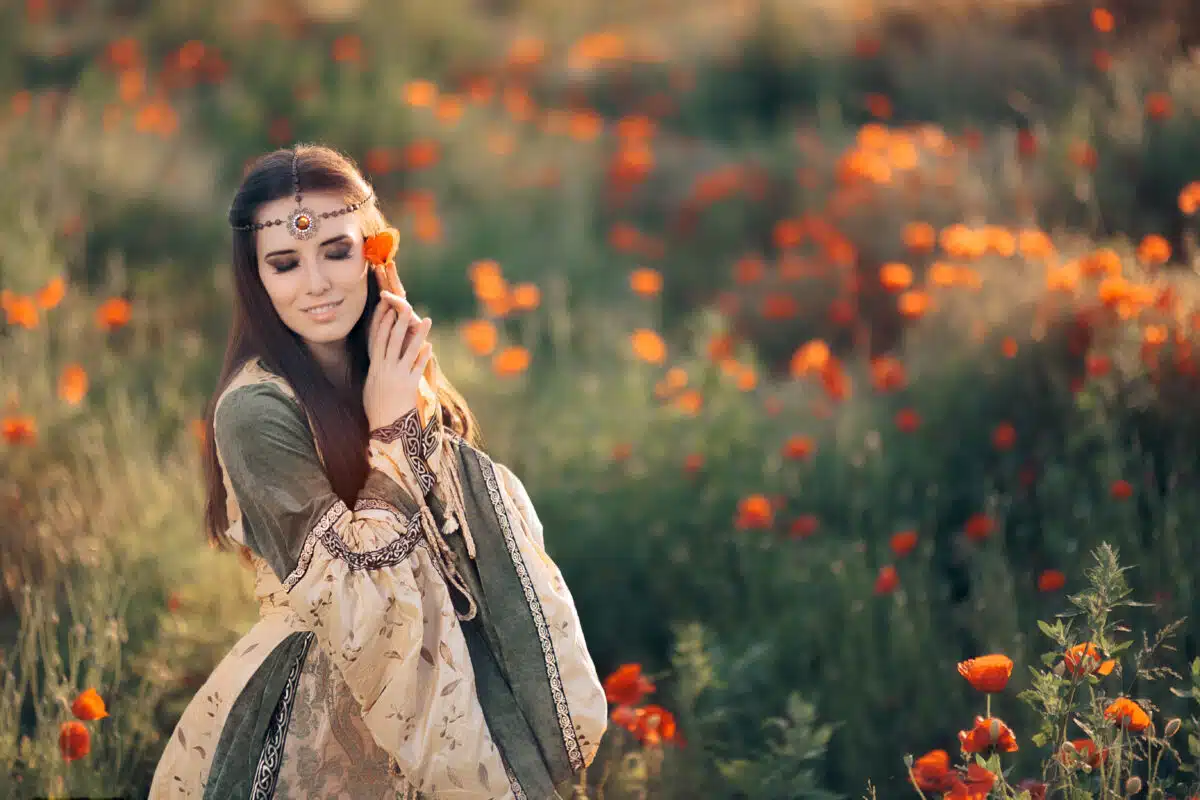
“Growth In May” by Thomas Hardy
I enter a daisy-and-buttercup land,
And thence thread a jungle of grass:
Hurdles and stiles scarce visible stand
Above the lush stems as I pass.
Hedges peer over, and try to be seen,
And seem to reveal a dim sense
That amid such ambitious and elbow-high green
They make a mean show as a fence.
Elsewhere the mead is possessed of the neats,
That range not greatly above
The rich rank thicket which brushes their teats,
And HER gown, as she waits for her Love.
From ‘De Profundis’ by Roden Berkeley Wriothesley Noel
The spirit grows the form for self-expression,
And for a hall where she may hold high session
With sister souls, who, allied with her, create
Her fair companion, her espousèd mate.
Ever the hidden Person will remould
For all our lives fresh organs manifold,
Gross for the earthly, for the heavenly fine,
Ethereal woof, wherein their graces shine.
And there be secret avenues, with doors
Yielding access to inmost chamber floors
Of the soul’s privacy; all varying frames,
Responsive to the several spirit-flames.
The vital form our lost now animate
Is one with what in their low mortal state
They made their own; the corse mere ashes, waste,
For all grand uses of the world replaced.
A larva needs no more the unliving husk,
When soaring winged he rends the dwelling dusk.
A rabble rout of Sense light-headed pours
Into the holy Spirit-temple doors,
Where many a grave and stately minister
His place and function doth on each confer.
These Forms inhabiting the sacred gloom,
Whose name is legion, Present, Past, To Come,
One, Many, Same, or Different, evolve
Sweet concord from confusion; they resolve
The Babel dissonance to a choral song,
Till in divine societies a throng
Sets with one will toward the inmost shrine,
To feed there upon mystic Bread and Wine.
The Bacchanals are sobered, and grow grave,
In solemn silence treading the dim nave:
On their light hearts bloom-pinioned angels lay
Calm, hushful hands of married night and day.
It is a changing scene within the pile:
New shows arrive, and tarry for a while:
But if one living Spirit-fane could fall,
His ruin were the knell of doom for all.
Their being blended each with every one,
If any failed, the universe were gone.
These conscious forms inhabit every mind;
All selves in one organic self they bind;
The bloomy beams, and all the shadowy blooms
Are pure white Light eternal that illumes
A universal conscious Spirit-whole,
Fair modulated in each several soul
To many-functioned organs of one Will,
Whose sovran Being who prevails to kill?
We may expand our being to embrace,
And mirror all therein of every race;
Each is himself by universal grace.
Dying is self-fulfilment; and we cherish
His life, who, wanting ours, would wholly perish.
The Father may not be without the Son;
No love, will, knowledge, were for Him alone.
And change is naught
Save at the bar of a sole personal thought,
Enthroned for judgement, summoning past time
With present, hearing now concordant rhyme,
Now variance among voices vanishing,
That so win semblance of substantial thing.
But how conceive that there may ever be
Change in the nerve of change, our known identity?
If we, poor worms, involved in our own cloud,
Deem the wide world lies darkling in a shroud,
Raving the earth holds no felicity,
One child’s clear laughter may rebuke the lie,
A lark’s light rapture soaring in the blue,
Or rainbow radiant from a drop of dew!
Nor let a low-born Sense usurp the rule,
Who is but handmaid in a loftier school,
Where Love and Conscience a lore not of earth
Impart to Wisdom, child of heavenly birth.
O Thou unknown, inscrutable Divine!
I deem that I am Thine, and Thou art mine;
And though I may not gaze into Thy face,
I feel that all are clasped in Thine embrace.
The Christ is with us, and He points to Thee:
When we have grown into Him we shall see;
Behold the Father in the perfect Son,
And feel, with Him, Thy holy will be done!
Love may not compass her full harmony,
Wanting the deep dread note of those who die.
And as with master-hand He sweeps the grand awakening chords,
Our wailing sighs leap winged, live talismanic words,
Dull woes and errors tempered to seraphic swords,
Love’s colour-chorus flames with glorious morning-red,
His alchemy transmuting the poured heart’s blood of our dead,
And lurid bale from murderous eyes of souls who inly bled!
Whose mortal mind may sail around the ocean of Thy might,
Billowing away in awful gloom to issues infinite?
Bind Thee with his poor girdle? Surveying all thy shore!
His daring sinks confounded, foundering evermore,
In his dazed ear reverberating a tempestuous roar!
…Who sounds the abyss of Thine immense design? We rest,
Aware that Thou art better than our best.
“The Little Fish And The Fisher” by Jean de La Fontaine
A little fish will grow,
If life be spared, a great;
But yet to let him go,
And for his growing wait,
May not be very wise,
As ’tis not sure your bait
Will catch him when of size.
Upon a river bank, a fisher took
A tiny troutling from his hook.
Said he, ”Twill serve to count, at least,
As the beginning of my feast;
And so I’ll put it with the rest.’
This little fish, thus caught,
His clemency besought.
‘What will your honour do with me?
I’m not a mouthful, as you see.
Pray let me grow to be a trout,
And then come here and fish me out.
Some alderman, who likes things nice,
Will buy me then at any price.
But now, a hundred such you’ll have to fish,
To make a single good-for-nothing dish.’
‘Well, well, be it so,’ replied the fisher,
‘My little fish, who play the preacher,
The frying-pan must be your lot,
Although, no doubt, you like it not:
I fry the fry that can be got.’
In some things, men of sense
Prefer the present to the future tense.
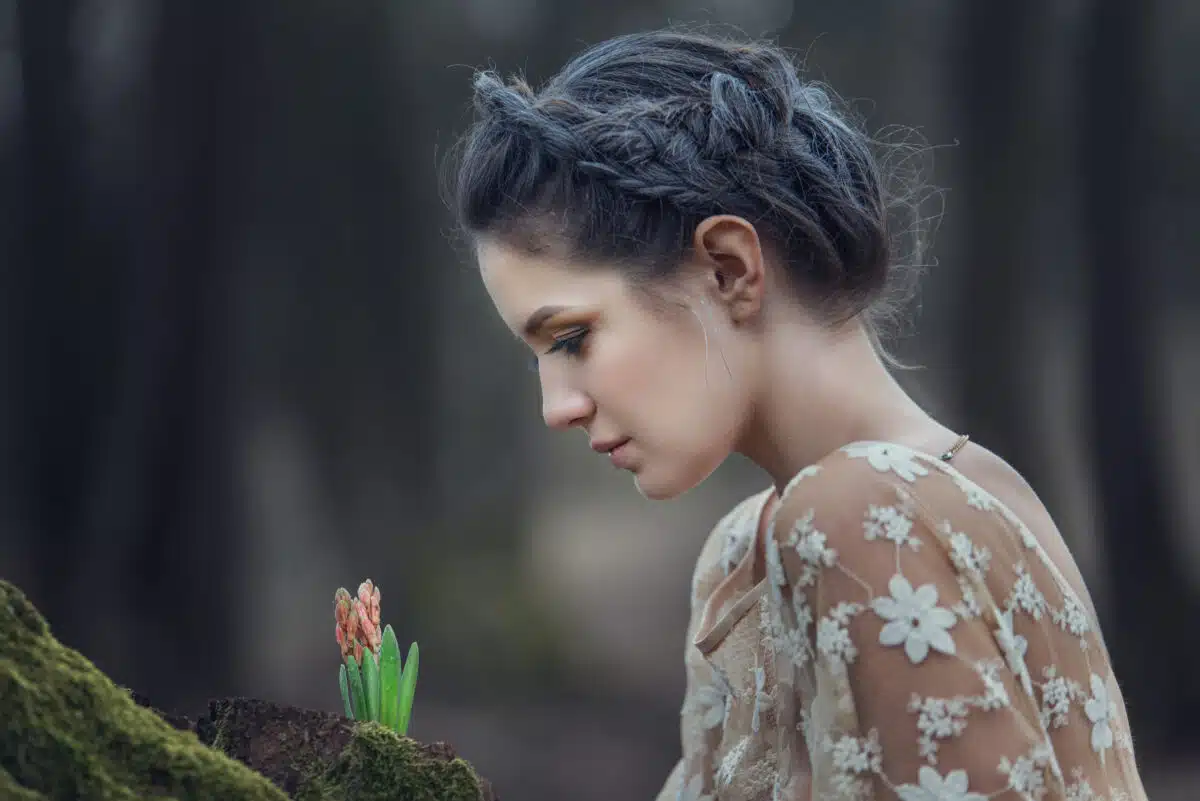
“The Seed Growing Secretly” by Henry Vaughan
Dear, secret greenness! nurst below
Tempests and winds and winter nights!
Vex not, that but One sees thee grow;
That One made all these lesser lights.
What needs a conscience calm and bright
Within itself, an outward test?
Who breaks his glass, to take more light,
Makes way for storms into his rest.
Then bless thy secret growth, nor catch
At noise, but thrive unseen and dumb;
Keep clean, bear fruit, earn life, and watch
Till the white-winged reapers come!
“At Bologna, In Remembrance Of The Late Insurrections” by William Wordsworth
As leaves are to the tree whereon they grow
And wither, every human generation
Is, to the Being of a mighty nation,
Locked in our world’s embrace through weal and woe;
Thought that should teach the zealot to forego
Rash schemes, to abjure all selfish agitation,
And seek through noiseless pains and moderation
The unblemished good they only can bestow.
Alas! with most, who weigh futurity
Against time present, passion holds the scales:
Hence equal ignorance of both prevails,
And nations sink; or, struggling to be free,
Are doomed to flounder on, like wounded whales
Tossed on the bosom of a stormy sea.
“To the Duke of York” by Robert Herrick
May his pretty dukeship grow
Like t’a rose of Jericho:
Sweeter far than ever yet
Showers or sunshines could beget.
May the Graces and the Hours
Strew his hopes and him with flowers:
And so dress him up with love
As to be the chick of Jove.
May the thrice-three sisters sing
Him the sovereign of their spring:
And entitle none to be
Prince of Helicon but he.
May his soft foot, where it treads,
Gardens thence produce and meads:
And those meadows full be set
With the rose and violet.
May his ample name be known
To the last succession:
And his actions high be told
Through the world, but writ in gold.
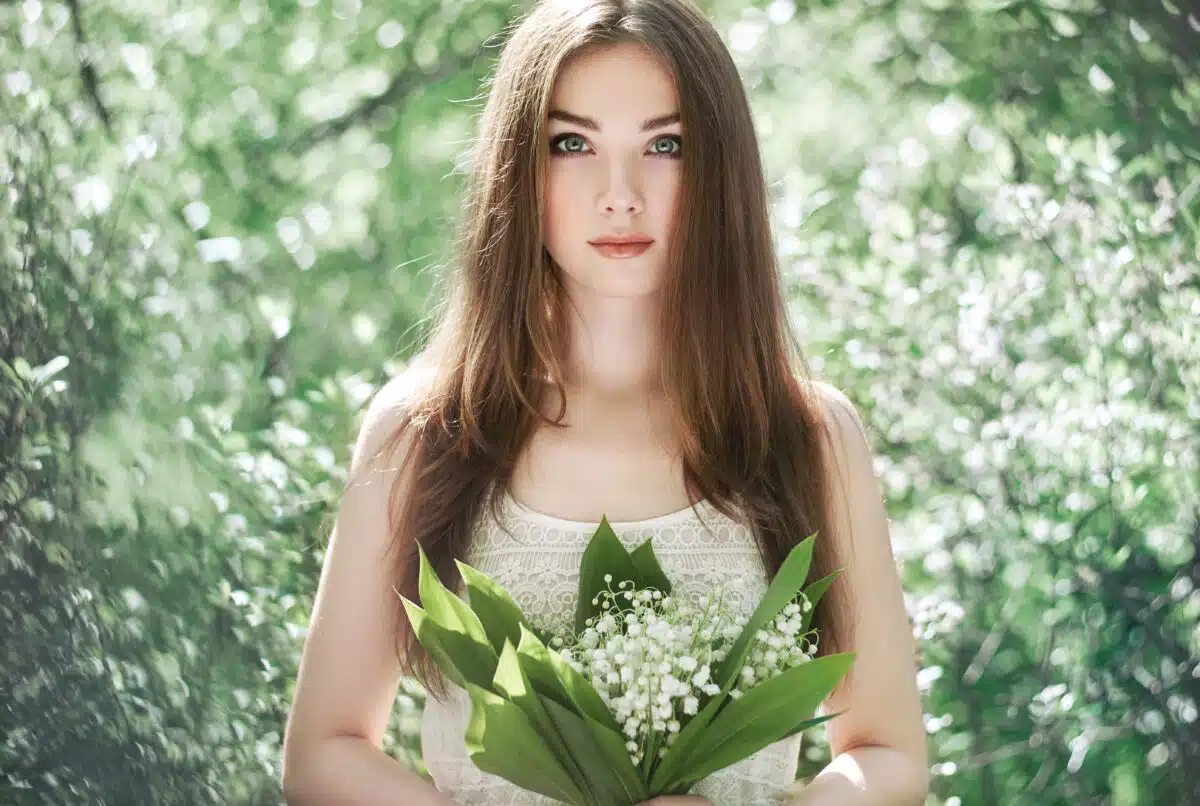
“Peggy Mitchell” by James Stephens
As lily grows up easily,
In modest, gentle dignity
To sweet perfection,
So grew she,
As easily.
Or as the rose that takes no care
Will open out on sunny air
Bloom after bloom, fair after fair,
Sweet after sweet;
Just so did she,
As carelessly.
She is our torment without end,
She is our enemy and friend,
Our joy, our woe;
And she will send
Madness or glee
To you and me,
And endlessly.
“God In Growth” by George MacDonald
I said, I will arise and work some thing,
Nor be content with growth, but cause to grow
A life around me, clear as yes from no,
That to my restless hand some rest may bring,
And give a vital power to Action’s spring:
Thus, I must cease to be! I cried; when, lo!
An angel stood beside me on the snow,
With folded wings that came of pondering.
‘God’s glory flashes on the silence here
Beneath the moon,’ he cried, and upward threw
His glorious eyes that swept the utmost blue,
‘Ere yet his bounding brooks run forth with cheer
To bear his message to the hidden year
Who cometh up in haste to make his glory new.’
“Life” by Ella Wheeler Wilcox
Oh! I feel the growing glory
Of our life upon this sphere,
Of the life that like a river
Runs forever and forever,
From the somewhere to the here,
And still on and onward flowing,
Leads us out to larger knowing,
Through the hidden, to the clear.
And I feel a deep thanksgiving
For the sorrows I have known;
For the worries and the crosses,
And the grieving and the losses,
That along my path were sown.
Now the great eternal meaning
Of each trouble I am gleaning,
And the harvest is my own.
I am opulent with knowledge
Of the Purpose and the Cause.
And I go my way rejoicing,
And in singing seek the voicing
Of love’s never-failing laws.
From the now, unto the Yonder,
Full of beauty and of wonder,
Life flows ever without pause.
And I feel the exaltation
Of a child that loves its play,
Though the ranks of friends are thinning,
Still the end is but beginning
Of a larger, fuller day,
And the joy of life is spilling
From my spirit, as all willing
I go speeding on my way.
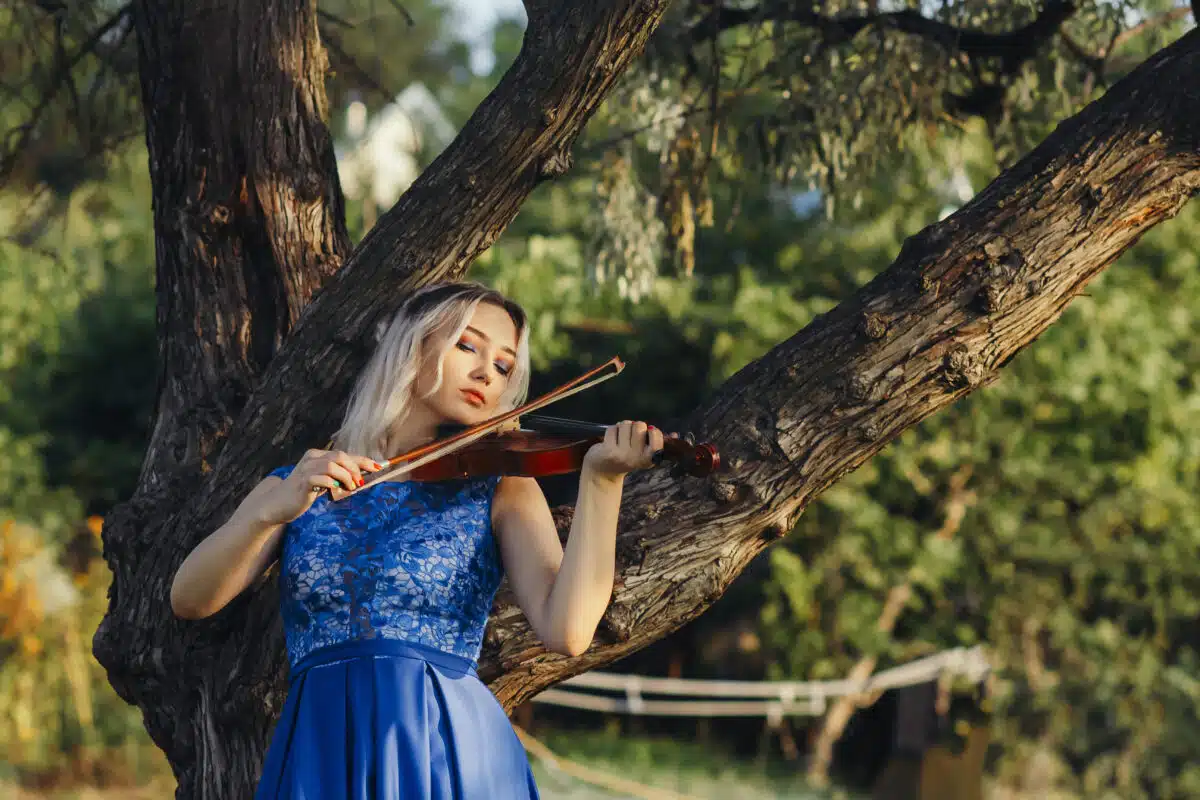
“Improvisation On An Old Song” by Duncan Campbell Scott
I
Growing, growing, all the glory going;
Flashing out of fire and light, burning to a husk,
All the world’s a-dying and failing in the dusk–
Growing, growing, all the glory going.
Rust is on the door-latch, ashes at the root,
Dry rot in the ridge-pole, canker in the fruit;
Growing, growing, all the glory going.
Plot, ye subtle statesmen,–a trace of melted wax;
Bind, ye haughty prelates,–a thread of ravelled flax;
Growing, growing, all the glory going.
March, ye mighty captains,–an eddy in the dust;
Rave, ye furious lovers,–a stain of crimson rust;
Growing, growing, all the glory going.
Pictures, poems, music–their essential soul,
Idle as dry roses in a silver bowl;
Growing, growing, all the glory going.
London is a hearsay, Paris but a myth,
Rome a wand of sweet-flag withered to the pith;
Growing, growing, all the glory going.
Palsy shakes the planets, frost has chilled the sun,
In a crushing silence the All is dead and done.
Growing, growing, all the glory going.
II
Going, going, all the glory growing,
See it stir and flutter; that is singing, hark!
Singing in the caverns of the primal dark.
Going, going, all the glory growing.
What is in the making, what immortal plan
Draws to its unfolding? ‘Tis the Soul of man.
Going, going, all the glory growing.
See it mount and hover, singing as it goes,
Battling with the darkness, nourished by its woes;
Going, going, all the glory growing.
The bale-fires of midnight glaring in its eyes,
Past the phantom shadows see it rush and rise;
Going, going, all the glory growing.
The supernal morning on its dewy wings,
Soaring and scorning the lust of earthy things;
Going, going, all the glory growing.
The beatific noontide on its eager breast
Springing and singing to its halcyon rest;
Going, going, all the glory growing.
In its starry vesture not a vestige of the sod,
Winging still and singing to the heart of God.
Going, going, all the glory growing.
“Only Be Still” by Ella Wheeler Wilcox
‘Only be still, and in the silence grow,’
If thou art seeking what the gods bestow.
This is the simple, safe, and certain way
That leads to knowledge for which all men pray
Of higher laws to govern things below.
But in our restless discontent we go
With noisy importuning day on day-
Drowning the inner voice that strives to say
‘Only be still, and in the silence grow.’
We doubt, we cavil, and we talk of woe-
We delve in books, and waste our forces so;
We cling to creeds that were not meant to stay,
And close our ears to Truth’s immortal lay.
Oh wouldst thou see, and understand, and know?
‘Only be still, and in the silence grow.’
“Anniversary Hymn” by Katharine Lee Bates
Our fathers, in the years grown dim, reared slowly, wall by wall
A holy dwelling-place for Him, that filleth all in all.
They wrought His house of faith and prayer, the rainbow round the Throne,
A precious temple builded fair on Christ the Cornerstone.
The Angel of the Golden Reed hath found the measure strait’
He hears the Great Foundation plead for ampler wall and gate.
The living pillars of the Truth grown on from morn to morn,
And still the heresy of youth is age’s creed outworn.
But steadfast is their inner shrine wrought of the heart’s fine gold,
Its hunger and its thirst divine, with jewels manifold,
Red sard of pain, hope’s emerald gleam, white peace, no glory missed
Of righteous life and saintly dream, Jasper to amethyst.
Spirit of Truth, forbid that we who now God’s temple are
And keep the faith with minds more free, our father’s fabric mar.
Better than thoughts the stars that search is self still sacrificed,
For only Love can build the church whose corner-stone is Christ.

“Wisdom Cometh With the Years” by Countee Cullen
Now I am young and credulous,
My heart is quick to bleed
At courage in the tremulous
Slow sprouting of a seed.
Now I am young and sensitive,
Man’s lack can stab me through;
I own no stitch I would not give
To him that asked me to.
Now I am young and a fool for love,
My blood goes mad to see
A brown girl pass me like a dove
That flies melodiously.
Let me be lavish of my tears,
And dream that false is true;
Though wisdom cometh with the years,
The barren days come, too.
“Day by Day” by Mary Butler
Looking upward every day,
Sunshine on our faces,
Pressing onward every day
Toward the heavenly places;
Growing every day in awe,
For thy name is holy;
Learning every day to love
With a love more lowly.
Walking every day more close
To our Elder Brother;
Growing every day more true
Unto one another;
Every day more gratefully
Kindnesses receiving,
Every day more readily
Injuries forgiving.
Leaving every day behind
Something which might hinder;
Running swifter every day,
Growing purer, kinder—
Lord, so pray we every day;
Hear us in thy pity,
That we enter in at last
To the holy city.
“Building” by I. E. Dickenga
We are building every day
In a good or evil way,
And the structure, as it grows,
Will our inmost self disclose,
Till in every arch and line
All our faults and failings shine;
It may grow a castle grand,
Or a wreck upon the sand.
Do you ask what building this
That can show both pain and bliss,
That can be both dark and fair?
Lo, its name is character!
Build it well, whate’er you do;
Build it straight and strong and true;
Build it clear and high and broad;
Build it for the eye of God.
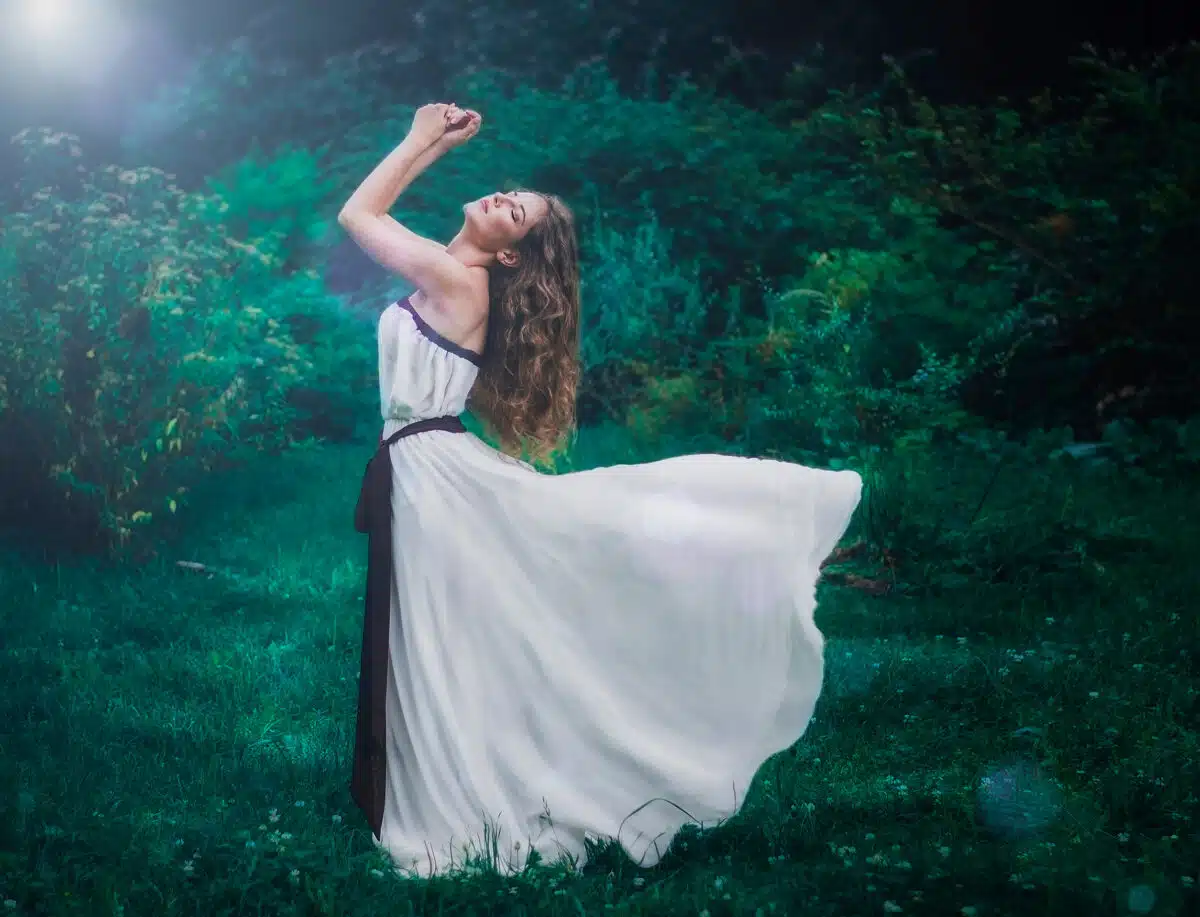
“I Asked the Lord That I Might Grow” by John Newton
I asked the Lord that I might grow
In faith and love and every grace;
Might more of his salvation know,
And seek more earnestly his face.
‘Twas He who taught me thus to pray,
And he, I trust, has answer’d prayer;
But it has been in such a way
As almost drove me to despair.
I hop’d that in some favor’d hour
At once he’d answer my request,
And by his love’s constraining power
Subdue my sins and give me rest.
Instead of this he made me feel
The hidden evils of my heart,
And let the angry powers of hell
Assault my soul in ev’ry part.
Yes, more: with his own hand he seem’d
Intent to aggravate my woe,
Cross’d all the fair designs I schemed,
Blasted my gourds and laid them low.
“Lord, why is this?” I trembling cried;
“Wilt thou pursue thy worm to death?”
“‘Tis in this way,” the Lord replied,
“I answer prayer for grace and faith.
“These inward trials I employ
From self and pride to set thee free,
And break thy schemes of earthly joy
That thou mayest set thine all in me!”
“Don’t Give Up” by Phoebe Cary
If you’ve tried and have not won,
Never stop for crying;
All’s that’s great and good is done
Just by patient trying.
Though young birds, in flying, fall,
Still their wings grow stronger;
And the next time they can keep
Up a little longer.
Though the sturdy oak has known
Many a blast that bowed her,
She has risen again, and grown
Loftier and prouder.
If by easy work you beat,
Who the more will prize you?
Gaining victory from defeat,—
That’s the test that tries you!
“Upon Himself” by Robert Herrick
Come, leave this loathed country life, and then
Grow up to be a Roman citizen.
Those mites of time, which yet remain unspent,
Waste thou in that most civil government.
Get their comportment and the gliding tongue
Of those mild men thou art to live among;
Then, being seated in that smoother sphere,
Decree thy everlasting topic there;
And to the farm-house ne’er return at all:
Though granges do not love thee, cities shall.
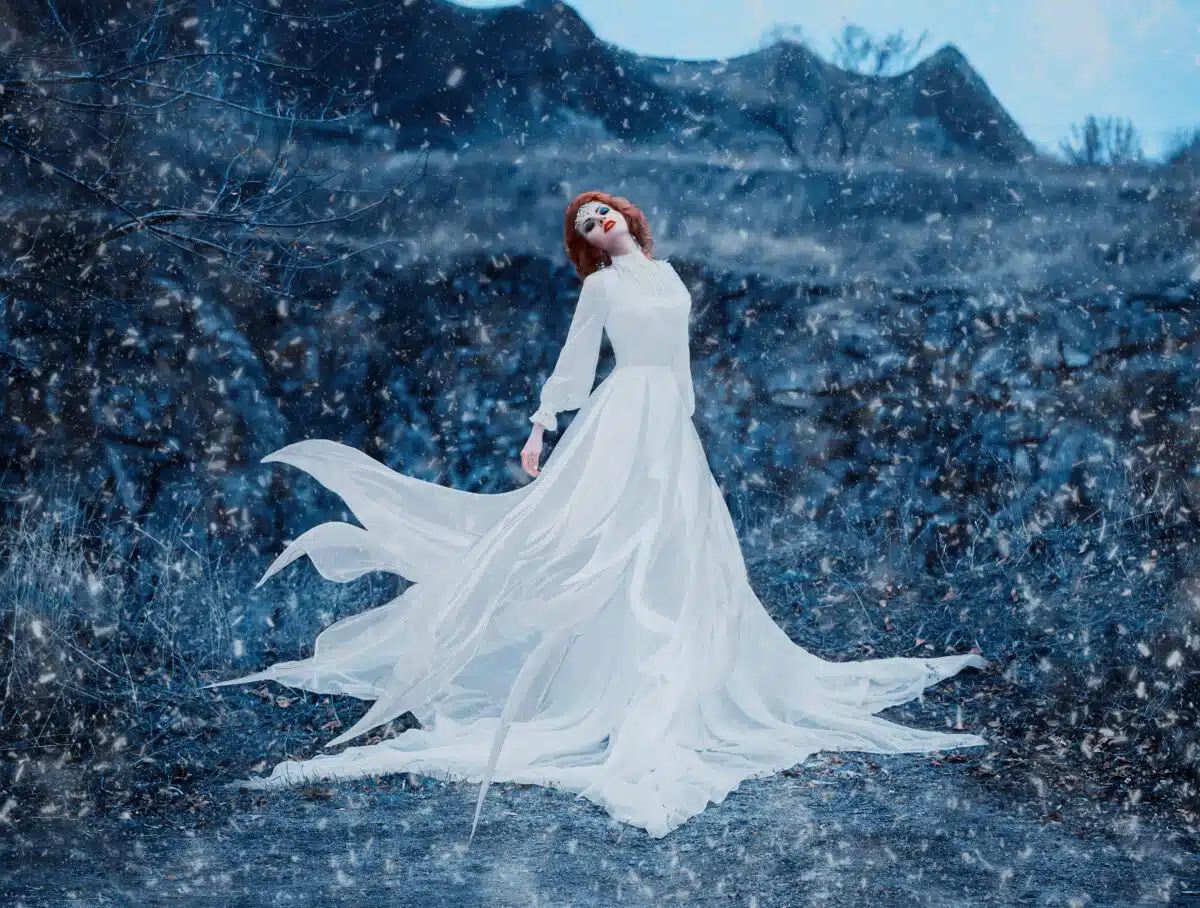
“Growth of the Soul” by James Henry MacLafferty
Climb from the depths of the valley’s chill,
Out of the shadows that lurk below,
Nurse at the breast of the throbbing hill,
Grow in thy day as the tall trees grow.
This, Soul of Mine, be thy constant cry;
This, O my Soul, is to never die.
Whence camest thou?—Give it little thought!
Whither?—Ah, let this concern thee more!
Into this state thou art blindly brought;
Out of it see but an open door.
Once past the portal, perhaps ’t will be
Growth of today will have made thee free.
“Perseverance” by Leonardo da Vinci (William Wetmore Story, Translator)
In facile natures fancies quickly grow,
But such quick fancies have but little root.
Soon the narcissus flowers and dies, but slow
The tree whose blossoms shall mature to fruit.
Grace is a moment’s happy feeling, Power
A life’s slow growth; and we for many an hour
Must strain and toil, and wait and weep, if we
The perfect fruit of all we are would see.
“Youth” by Elsa Gidlow
I must go down,
Down, down,
Below the crusts of things,
Under the shadows,
Into thought-haunted places
Where few go;
Where the road is broken
And travelled by monsters,
Truths with hard sphinx-faces.
I must go down
Into the caves of life,
Into the darknesses,
Deep, deep,
Below the good of things,
Below the evil of things,
Where the calm roots of wisdom creep.
I must tunnel
Under the bloom of dreams,
Under the frame-work of fancies,
Tunnel alone.
What if I shatter frail things,
Break delicate flowers of myth
Timorous dreamers have sown?
I must go down
Below narrow roads men have made,
Below bridging lies men have built,
Into the caverns of truth.
I know pain is waiting there
Eager to break me,
But I am strong.
I have faith in my youth.
Living is crusted with lies.
I want life naked,
Laughing and young.
Not fettered, not tamed,
But life unashamed,
With the cry of Desire on her tongue.
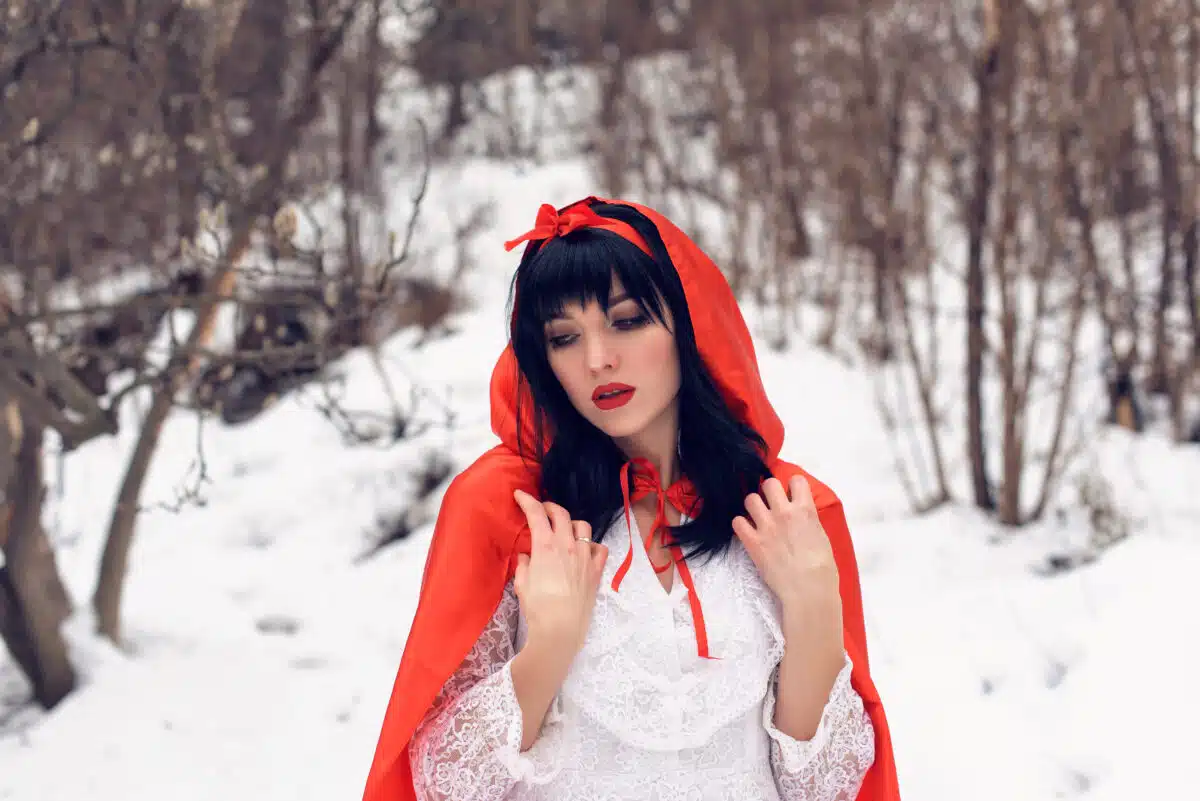
“Youth and Age” by Kahlil Gibran
In my youth the heart of dawn was in my heart, and the songs of April were in my ears.
But my soul was sad unto death, and I knew not why. Even unto this day I know not why I was sad.
But now, though I am with eventide, my heart is still veiling dawn,
And though I am with autumn, my ears still echo the songs of spring.
But my sadness has turned into awe, and I stand in the presence of life and life’s daily miracles.
The difference between my youth which was my spring, and these forty years, and they are my autumn, is the very difference that exists between flower and fruit.
A flower is forever swayed with the wind and knows not why and wherefore.
But the fruit overladen with the honey of summer, knows that it is one of life’s home-comings, as a poet when his song is sung knows sweet content,
Though life has been bitter upon his lips.
In my youth I longed for the unknown, and for the unknown I am still longing.
But in the days of my youth longing embraced necessity that knows naught of patience.
Today I long not less, but my longing is friendly with patience, and even waiting.
And I know that all this desire that moves within me is one of those laws that turns universes around one another in quiet ecstasy, in swift passion which your eyes deem stillness, and your mind a mystery.
And in my youth I loved beauty and abhorred ugliness, for beauty was to me a world separated from all other worlds.
But now that the gracious years have lifted the veil of picking-and-choosing from over my eyes, I know that all I have deemed ugly in what I see and hear, is but a blinder upon my eyes, and wool in my ears;
And that our senses, like our neighbors, hate what they do not understand.
And in my youth I loved the fragrance of flowers and their color.
Now I know that their thorns are their innocent protection, and if it were not for that innocence they would disappear forevermore.
And in my youth, of all seasons I hated winter, for I said in my aloneness, “Winter is a thief who robs the earth of her sun-woven garment, and suffers her to stand naked in the wind.”
But now I know that in winter there is re-birth and renewal, and that the wind tears the old raiment to cloak her with a new raiment woven by the spring.
And in my youth I would gaze upon the sun of the day and the stars of the night, saying in my secret, “How small am I, and how small a circle my dream makes.”
But today when I stand before the sun or the stars I cry, “The sun is close to me, and the stars are upon me;” for all the distances of my youth have turned into the nearness of age;
And the great aloneness which knows not what is far and what is near, nor what is small nor great, has turned into a vision that weighs not nor does it measure.
In my youth I was but the slave of the high tide and the ebb tide of the sea, and the prisoner of half moons and full moons.
Today I stand at this shore and I rise not nor do I go down.
Even my roots once every twenty-eight days would seek the heart of the earth.
And on the twenty-ninth day they would rise toward the throne of the sky.
And on that very day the rivers in my veins would stop for a moment, and then would run again to the sea.
Yes, in my youth I was a thing, sad and yielding, and all the seasons played with me and laughed in their hearts.
And life took a fancy to me and kissed my young lips, and slapped my cheeks.
Today I play with the seasons. And I steal a kiss from life’s lips ere she kisses my lips.
And I even hold her hands playfully that she may not strike my cheek.
In my youth I was sad indeed, and all things seemed dark and distant.
Today, all is radiant and near, and for this I would live my youth and the pain of my youth, again and yet again.
“The Finest Age” by Edgar Albert Guest
When he was only nine months old,
And plump and round and pink of cheek,
A joy to tickle and to hold,
Before he’d even learned to speak,
His gentle mother used to say:
‘It is too bad that he must grow.
If I could only have my way
His baby ways we’d always know.’
And then the year was turned, and he
Began to toddle round the floor
And name the things that he could see
And soil the dresses that he wore.
Then many a night she whispered low:
‘Our baby now is such a joy
I hate to think that he must grow
To be a wild and heedless boy.’
But on he went and sweeter grew,
And then his mother, I recall,
Wished she could keep him always two,
For that’s the finest age of all.
She thought the selfsame thing at three,
And now that he is four, she sighs
To think he cannot always be
The youngster with the laughing eyes.
Oh, little boy, my wish is not
Always to keep you four years old.
Each night I stand beside your cot
And think of what the years may hold;
And looking down on you I pray
That when we’ve lost our baby small,
The mother of our man will say
‘This is the finest age of all.’
“Grown Up” by Edgar Albert Guest
Last year he wanted building blocks,
And picture books and toys,
A saddle horse that gayly rocks,
And games for little boys.
But now he’s big and all that stuff
His whim no longer suits;
He tells us that he’s old enough
To ask for rubber boots.
Last year whatever Santa brought
Delighted him to own;
He never gave his wants a thought
Nor made his wishes known.
But now he says he wants a gun,
The kind that really shoots,
And I’m confronted with a son
Demanding rubber boots.
The baby that we used to know
Has somehow slipped away,
And when or where he chanced to go
Not one of us can say.
But here’s a helter-skelter lad
That to me nightly scoots
And boldly wishes that he had
A pair of rubber boots.
I’ll bet old Santa Claus will sigh
When down our flue he comes,
And seeks the babe that used to lie
And suck his tiny thumbs,
And finds within that little bed
A grown up boy who hoots
At building blocks, and wants instead
A pair of rubber boots.
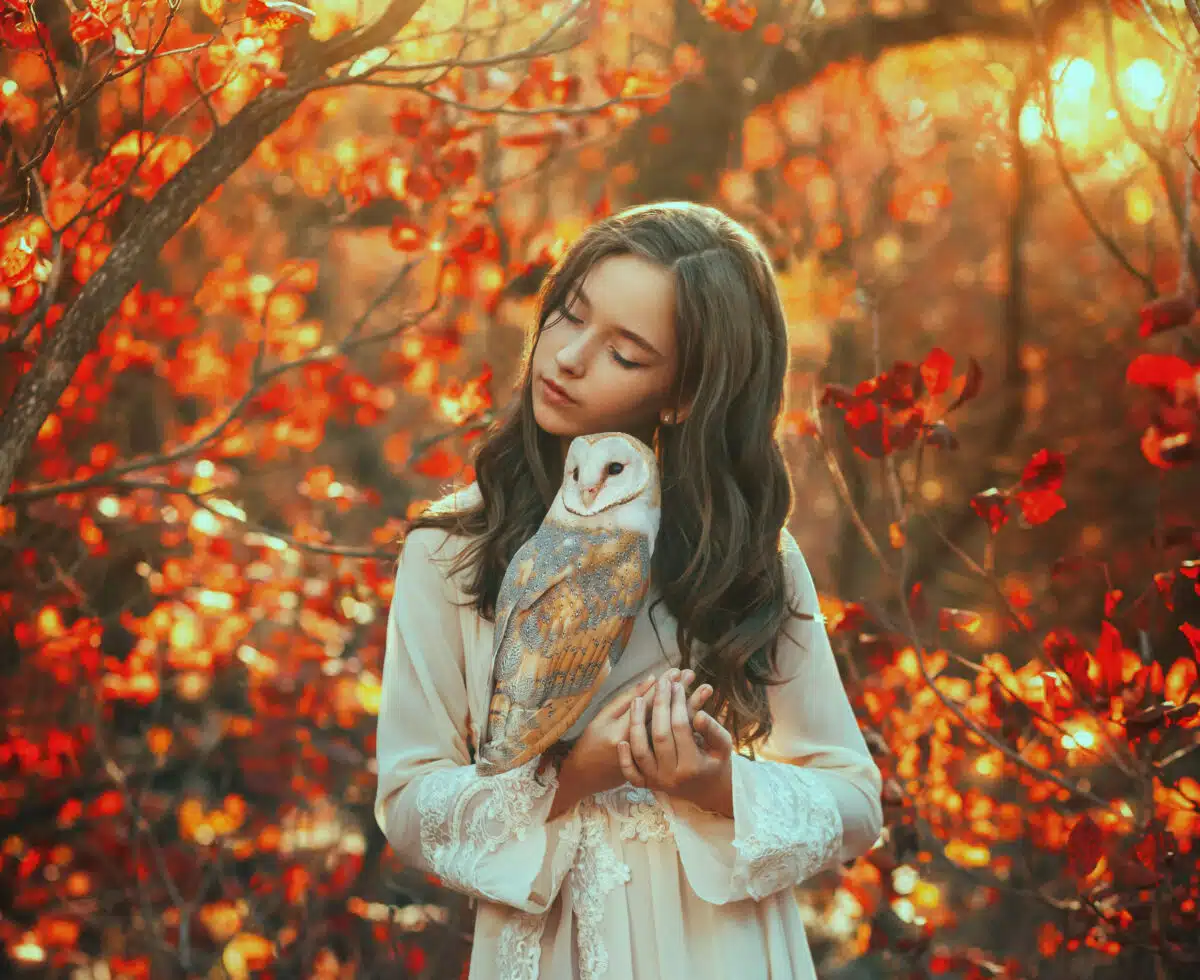
“The Retreat” by Henry Vaughan
Happy those early days, when I
Shin’d in my Angel-infancy!
Before I understood this place
Appointed for my second race,
Or taught my soul to fancy aught
But a white celestial thought:
When yet I had not walk’d above
A mile or two from my first Love,
And looking back—at that short space—
Could see a glimpse of His bright face:
When on some gilded cloud, or flow’r,
My gazing soul would dwell an hour,
And in those weaker glories spy
Some shadows of eternity:
Before I taught my tongue to wound
My Conscience with a sinful sound,
Or had the black art to dispense
A several sin to ev’ry sense,
But felt through all this fleshly dress
Bright shoots of everlastingness.
O how I long to travel back,
And tread again that ancient track!
That I might once more reach that plain
Where first I left my glorious train;
From whence th’ enlightned spirit sees
That shady City of Palm-trees.
But ah! my soul with too much stay
Is drunk, and staggers in the way!
Some men a forward motion love,
But I by backward steps would move;
And when this dust falls to the urn,
In that state I came, return.
“Growing Down” by Edgar Albert Guest
Time was I thought of growing up,
But that was ere the babies came;
I’d dream and plan to be a man
And win my share of wealth and fame,
For age held all the splendors then
And wisdom seemed lifes brightest crown
For mortal brow. It’s different now.
Each evening finds me growing down.
I’m not so keen for growing up
To wrinkled cheek and heavy tongue,
And sluggish blood; with little Bud
I long to be a comrade young.
His sports are joys I want to share,
His games are games I want to play,
An old man grim’s no chum for him
And so I’m growing down to-day.
I’m back to marbles and to tops,
To flying kites and one-ol’-cat;
‘Fan acres!’ I now loudly cry;
I also take my turn at bat;
I’ve had my fling at growing up
And want no old man’s fair renown.
To be a boy is finer joy,
And so I’ve started growing down.
Once more I’m learning games I knew
When I was four and five and six,
I’m going back along life’s track
To find the same old-fashioned tricks,
And happy are the hours we spend
Together, without sigh or frown.
To be a boy is Age’s joy,
And so to him I’m growing down.
“Manhood’s Greeting” by Edgar Albert Guest
I’ve’ felt some little thrills of pride, I’ve inwardly rejoiced
Along the pleasant lanes of life to hear my praises voiced;
No great distinction have I claimed, but in a humble way
Some satisfactions sweet have come to brighten many a day;
But of the joyous thrills of life the finest that could be
Was mine upon that day when first a stranger ‘mistered’ me.
I had my first long trousers on, and wore a derby too,
But I was still a little boy to everyone I knew.
I dressed in manly fashion, and I tried to act the part,
But I felt that I was awkward and lacked the manly art.
And then that kindly stranger spoke my name and set me free;
I was sure I’d come to manhood on the day he ‘mistered’ me.
I never shall forget the joy that suddenly was mine,
The sweetness of the thrill that seemed to dance along my spine,
The pride that swelled within me, as he shook my youthful hand
And treated me as big enough with grown up men to stand.
I felt my body straighten and a stiffening at each knee,
And was gloriously happy, just because he’d ‘mistered’ me.
I cannot now recall his name, I only wish I could.
I’ve often wondered if that day he really understood
How much it meant unto a boy, still wearing boyhood’s tan,
To find that others noticed that he’d grown to be a man.
Now I try to treat as equal every growing boy I see
In memory of that kindly man—the first to ‘mister’ me.
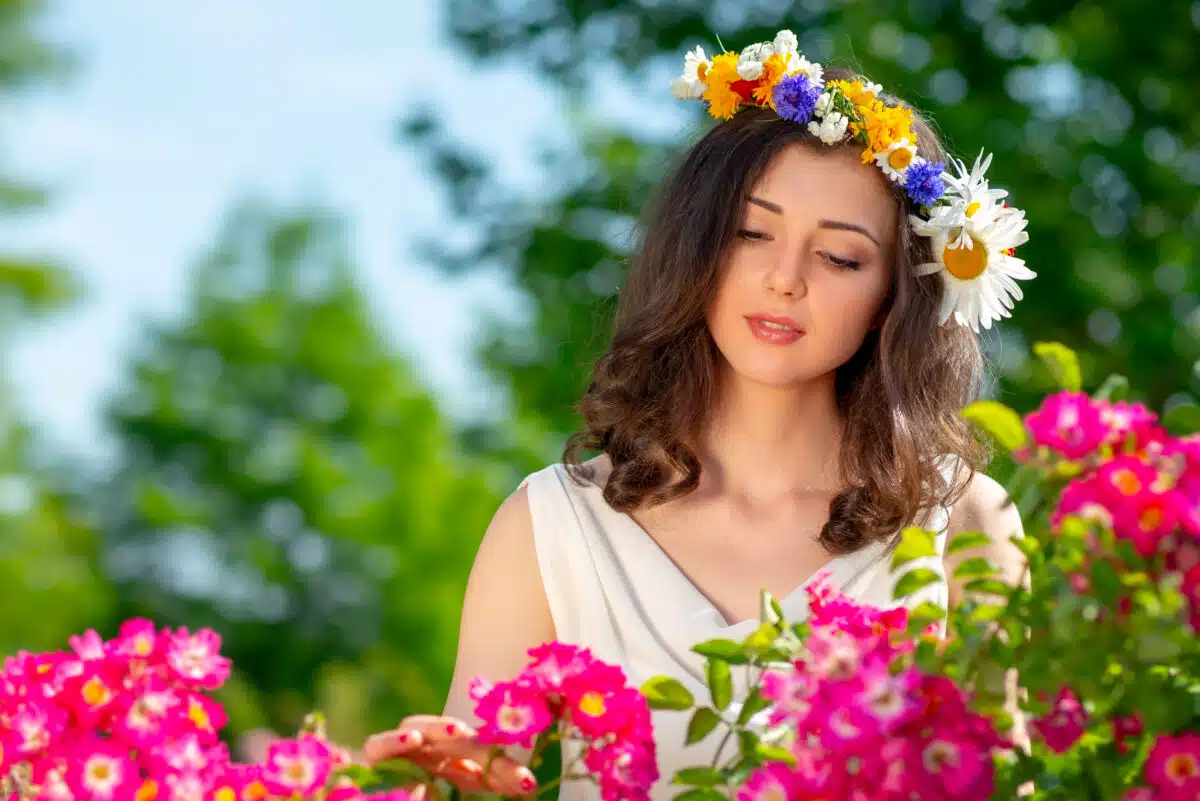
“When the Young Are Grown” by Edgar Albert Guest
Once the house was lovely, but it’s lonely here to-day,
For time has come an’ stained its walls an’ called the young away;
An’ all that’s left for mother an’ for me till life is through
Is to sit an’ tell each other what the children used to do.
We couldn’t keep ’em always an’ we knew it from the start;
We knew when they were babies that some day we’d have to part.
But the years go by so swiftly, an’ the littlest one has flown,
An’ there’s only me an’ mother now left here to live alone.
Oh, there’s just one consolation, as we’re sittin’ here at night,
They’ve grown to men an’ women, an’ we brought ’em up all right;
We’ve watched ’em as we’ve loved ’em an’ they’re splendid, every one,
An’ we feel the Lord won’t blame us for the way our work was done.
They’re clean, an’ kind an’ honest, an’ the world respects ’em, too;
That’s the dream of parents always, an’ our dreams have all come true.
So although the house is lonely an’ sometimes our eyes grow wet,
We are proud of them an’ happy an’ we’ve nothing to regret.
“Improvement” by Edgar Albert Guest
The joy of life is living it, or so it seems to me;
In finding shackles on your wrists, then struggling till you’re free;
In seeing wrongs and righting them, in dreaming splendid dreams,
Then toiling till the vision is as real as moving streams.
The happiest mortal on the earth is he who ends his day
By leaving better than he found to bloom along the way.
Were all things perfect here there would be naught for man to do;
If what is old were good enough we’d never need the new.
The only happy time of rest is that which follows strife
And sees some contribution made unto the joy of life.
And he who has oppression felt and conquered it is he
Who really knows the happiness and peace of being free.
The miseries of earth are here and with them all must cope.
Who seeks for joy, through hedges thick of care and pain must grope.
Through disappointment man must go to value pleasure’s thrill;
To really know the joy of health a man must first be ill.
The wrongs are here for man to right, and happiness is had
By striving to supplant with good the evil and the bad.
The joy of life is living it and doing things of worth,
In making bright and fruitful all the barren spots of earth.
In facing odds and mastering them and rising from defeat,
And making true what once was false, and what was bitter, sweet.
For only he knows perfect joy whose little bit of soil
Is richer ground than what it was when he began to toil.
“His Example” by Edgar Albert Guest
There are little eyes upon you, and they’re watching night and day;
There are little ears that quickly take in every word you say;
There are little hands all eager to do everything you do,
And a little boy that’s dreaming of the day he’ll be like you.
You’re the little fellow’s idol, you’re the wisest of the wise;
In his little mind about you no suspicions ever rise;
He believes in you devoutly, holds that all you say and do
He will say and do in your way when he’s grown up just like you.
Oh, it sometimes makes me shudder when I hear my boy repeat
Some careless phrase I’ve uttered in the language of the street;
And it sets my heart to grieving when some little fault I see
And I know beyond all doubting that he picked it up from me.
There’s a wide-eyed little fellow who believes you’re always right,
And his ears are always open and he watches day and night;
You are setting an example every day in all you do
For the little boy who’s waiting to grow up to be like you.
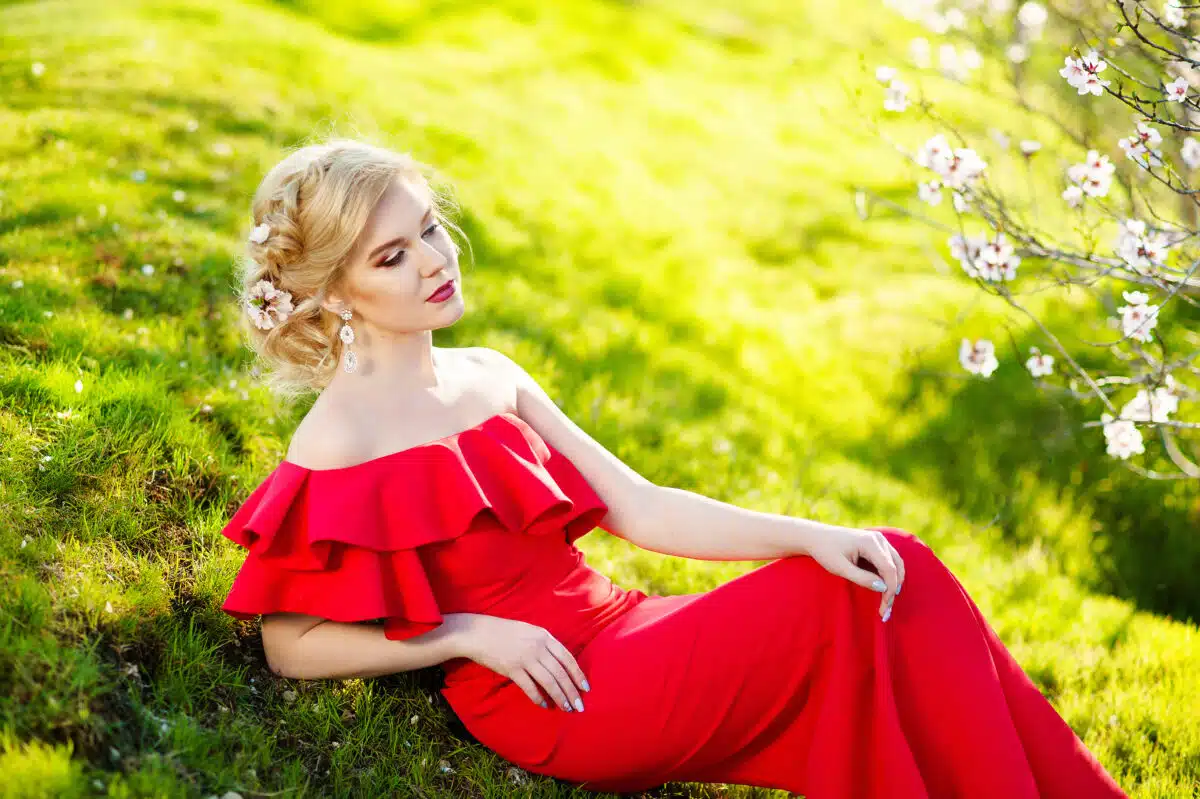
“To a Very Young Lady” by Sir George Etherege
Sweetest Bud of Beauty! may
No untimely frost decay
The early glories, which we trace
Blooming in thy matchless face.
But kindly opening, like the rose,
Fresh beauties, every day disclose;
Such as by Nature are not shown
In all the blossoms she has blown:
And then, what conquest shall you make;
Who hearts already daily take!
Scorched, in the morning with thy beams,
How shall we bear those sad extremes
Which must attend thy threatening eyes,
When thou shalt to thy noon arise?
“For the Old” by Madison Julius Cawein
These are the things I pray Heaven send us still,
To blow the ashes of the years away,
Or keep aglow forever ‘neath their gray
The fire that warms when Life’s old house grows chill:
First Faith, that gazed into our youth’s bright eyes;
Courage, that helped us onward, rain or sun;
Then Hope, who captained all our deeds well done;
And, last, the dream of Love that never dies.
“Age and Youth” by George William Russell
We have left our youth behind:
Earth is in its baby years:
Void of wisdom cries the wind,
And the sunlight knows no tears.
When shall twilight feel the awe,
All the rapt thought of the sage,
And the lips of wind give law
Drawn from out their lore of age?
When shall earth begin to burn
With such love as thrills my breast?
When shall we together turn
To our long, long home for rest?
Child and father, we grow old
While you laugh and play with flowers;
And life’s tale for us is told
Holding only empty hours.
Giant child, on you await
All the hopes and fears of men.
In thy fulness is our fate—
What till then, oh, what till then?
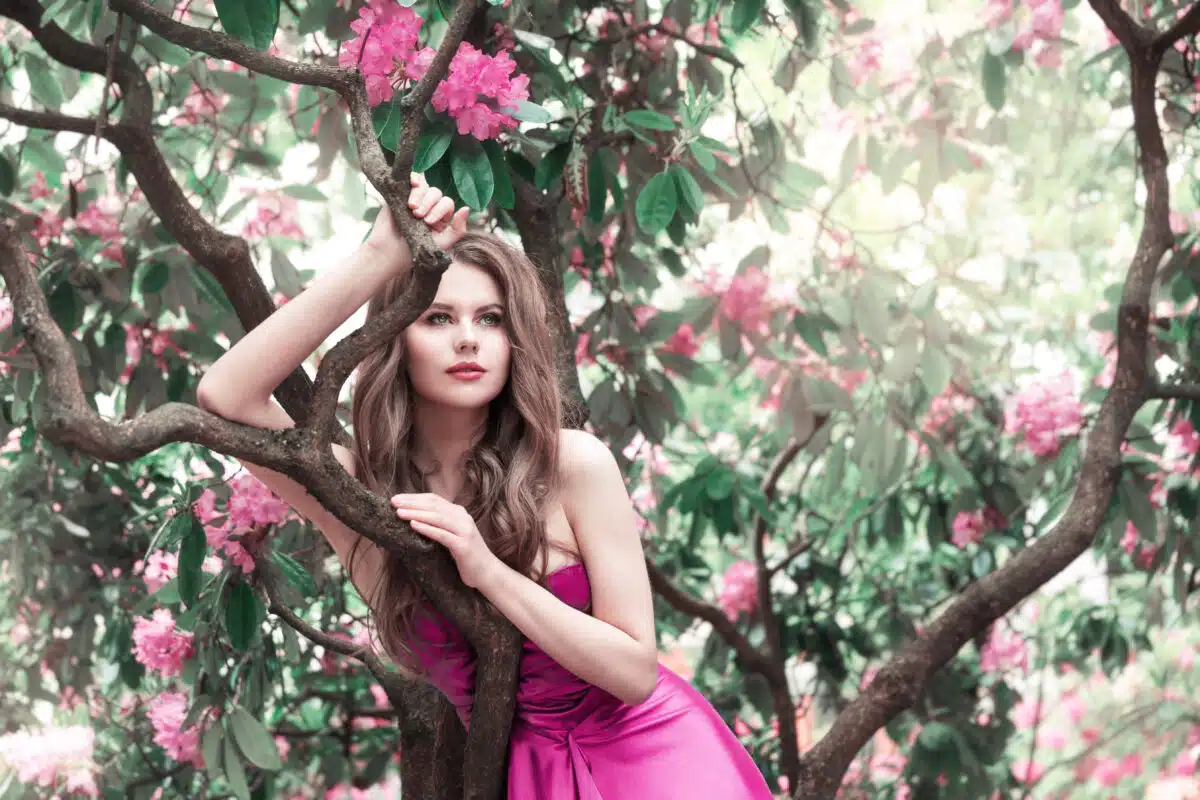
“To a Virtuous Young Lady” by John Milton
Lady that in the prime of earliest youth,
Wisely hath shun’d the broad way and the green,
And with those few art eminently seen,
That labour up the Hill of heav’nly Truth,
The better part with Mary and with Ruth,
Chosen thou hast, and they that overween,
And at thy growing virtues fret their spleen,
No anger find in thee, but pity and ruth.
Thy care is fixt and zealously attends
To fill thy odorous Lamp with deeds of light,
And Hope that reaps not shame. Therefore be sure
Thou, when the Bridegroom with his feastfull friends
Passes to bliss at the mid hour of night,
Hast gain’d thy entrance, Virgin wise and pure.
“Emily Sparks” by Edgar Lee Masters
Where is my boy, my boy—
In what far part of the world?
The boy I loved best of all in the school?—
I, the teacher, the old maid, the virgin heart,
Who made them all my children.
Did I know my boy aright,
Thinking of him as spirit aflame,
Active, ever aspiring?
Oh, boy, boy, for whom I prayed and prayed
In many a watchful hour at night,
Do you remember the letter I wrote you
Of the beautiful love of Christ?
And whether you ever took it or not,
My boy, wherever you are,
Work for your soul’s sake,
That all the clay of you, all of the dross of you,
May yield to the fire of you,
Till the fire is nothing but light!…
Nothing but light!
“Youth, Day, Old Age and Night” by Walt Whitman
Youth, large, lusty, loving—youth full of grace, force, fascination,
Do you know that Old Age may come after you with equal grace, force, fascination?
Day full-blown and splendid—day of the immense sun, action, ambition, laughter,
The Night follows close with millions of suns, and sleep and restoring darkness.
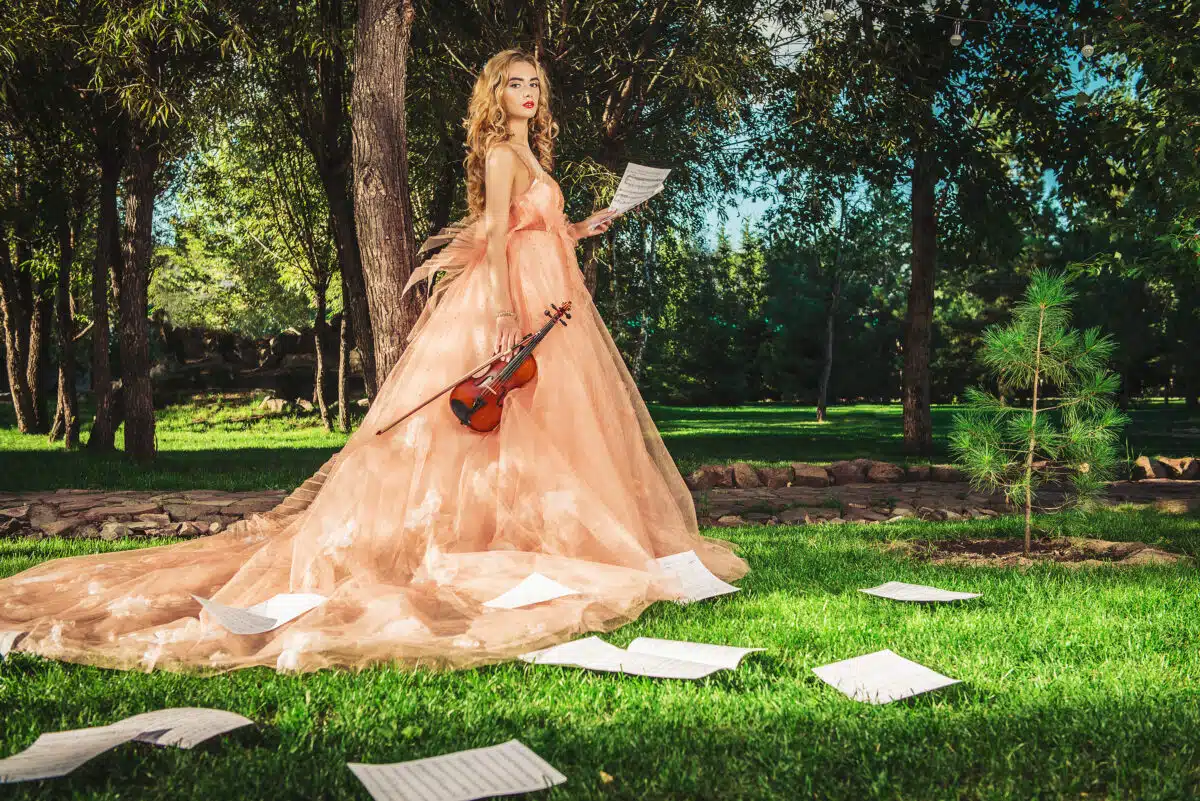
“A Song of Growth” by Sir Charles George Douglas Roberts
In the heart of a man
Is a thought upfurled:
Reached its full span
It will shake the world,—
And to one high thought
Is a whole race wrought.
Not with vain noise
The great work grows,
Nor with foolish voice,—
But in repose;
Not in the rush,
But in the hush!
From the cogent lash
Of the cloud-herd wind
The low clouds dash,
Blown headlong, blind;
But beyond, the great blue
Looks moveless through.
O’er the loud world sweep
The scourge and the rod:
But in deep beyond deep
Is the stillness of God,—
At the fountains of Life
No cry, no strife!
“Making A Man” by Nixon Waterman
Hurry the baby as fast as you can,
Hurry him, worry him, making him a man.
Off with his baby clothes, get him in pants,
Feed him on brain foods and make him advance.
Hustle him, soon as he’s able to walk,
Into a grammar school; cram him with talk.
Fill his poor head full of figures and facts,
Keep on a-jamming them in till it cracks.
Once boys grew up at a rational rate,
Now we develop a man while you wait,
Rush him through college, compel him to grab
Of every known subject a dip or a dab.
Get him in business and after the cash,
All by the time he can grow a mustache.
Let him forget he was ever a boy,
Make gold his god and its jingle his joy.
Keep him a-hustling and clear out of breath,
Until he wins – nervous prostration and death.
“Early Apollo” by Rainer Maria Rilke
As when at times there breaks through branches bare
A morning vibrant with the breath of spring,
About this poet-head a splendour rare
Transforms it almost to a mortal thing.
There is as yet no shadow in his glance,
Too cool his temples for the laurel’s glow;
But later o’er those marble brows, perchance,
A rose-garden with bushes tall will grow,
And single petals one by one will fall
O’er the still mouth and break its silent thrall,
—The mouth that trembles with a dawning smile
As though a song were rising there the while.
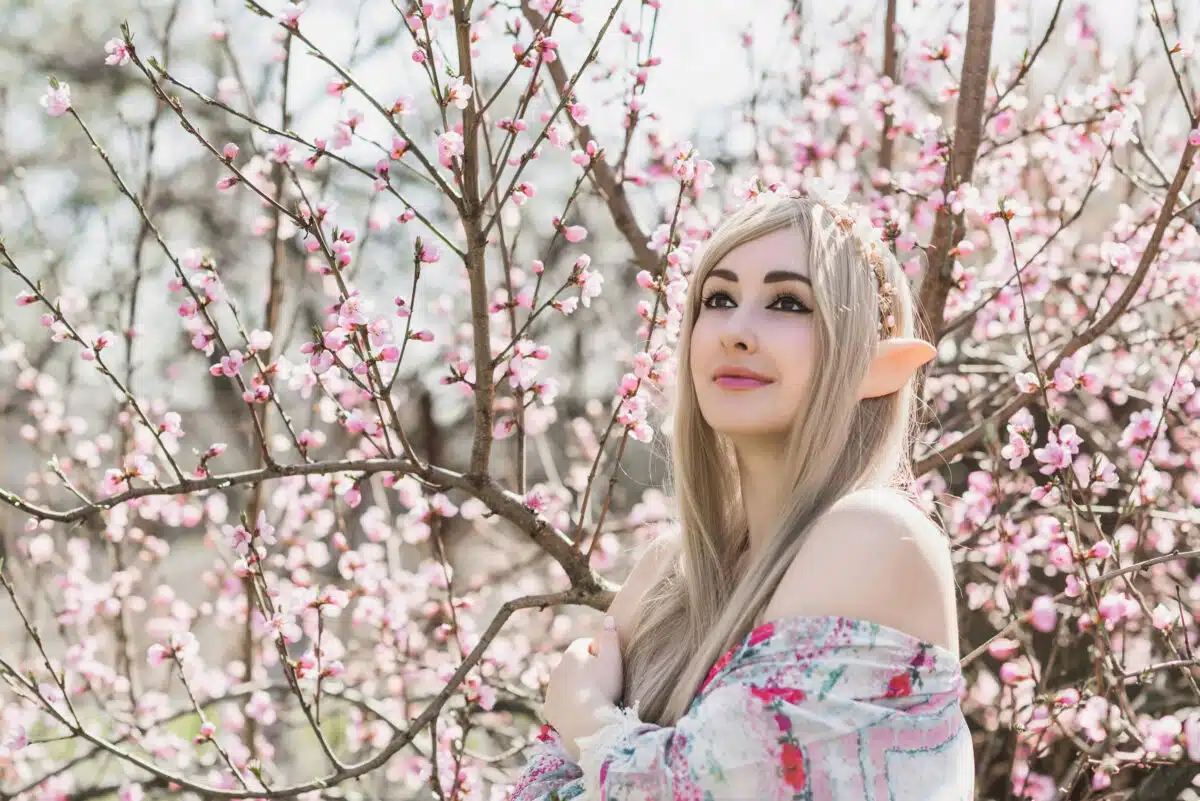
“The New Life” by Witter Bynner
Perhaps they laughed at Dante in his youth,
Told him that truth
Had unappealably been said
In the great masterpieces of the dead:—
Perhaps he listened and but bowed his head
In acquiescent honour, while his heart
Held natal tidings,—that a new life is the part
Of every man that’s born,
A new life never lived before,
And a new expectant art;
It is the variations of the morn
That are forever, more and more,
The single dawning of the single truth.
So answers Dante to the heart of youth!
“Good and Bad Children” by Robert Louis Stevenson
Children, you are very little,
And your bones are very brittle
If you would grow great and stately,
You must try to walk sedately.
You must still be bright and quiet,
And content with simple diet;
And remain, through all bewild’ring,
Innocent and honest children.
Happy hearts and happy faces,
Happy play in grassy places
That was how, in ancient ages,
Children grew to kings and sages.
But the unkind and the unruly,
And the sort who eat unduly,
They must never hope for glory—
Theirs is quite a different story!
Cruel children, crying babies,
All grow up as geese and gabies,
Hated, as their age increases,
By their nephews and their nieces.
Poems About Growth and Love
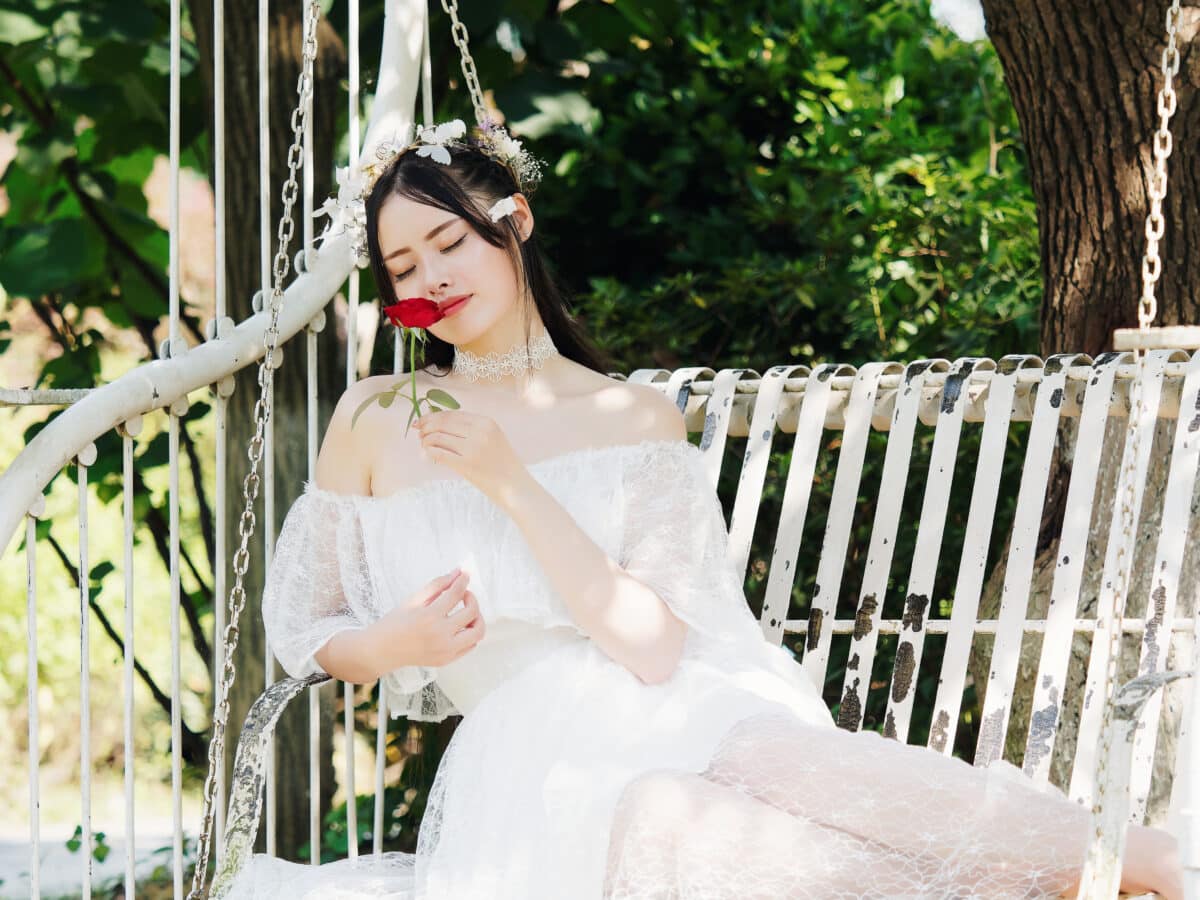
“Love’s Growth” by John Donne
I scarce believe my love to be so pure
As I had thought it was,
Because it doth endure
Vicissitude, and season, as the grass;
Methinks I lied all winter, when I swore
My love was infinite, if spring make’ it more.
But if medicine, love, which cures all sorrow
With more, not only be no quintessence,
But mixed of all stuffs paining soul or sense,
And of the sun his working vigor borrow,
Love’s not so pure, and abstract, as they use
To say, which have no mistress but their muse,
But as all else, being elemented too,
Love sometimes would contemplate, sometimes do.
And yet no greater, but more eminent,
Love by the spring is grown;
As, in the firmament,
Stars by the sun are not enlarged, but shown,
Gentle love deeds, as blossoms on a bough,
From love’s awakened root do bud out now.
If, as water stirred more circles be
Produced by one, love such additions take,
Those, like so many spheres, but one heaven make,
For they are all concentric unto thee;
And though each spring do add to love new heat,
As princes do in time of action get
New taxes, and remit them not in peace,
No winter shall abate the spring’s increase.
“The Sonnets Of Tommaso Campanella: Ideal Love” by Michelangelo di Lodovico Buonarroti Simoni
He who loves truly, grows in force and might;
For beauty and the image of his love
Expand his spirit: whence he burns to prove
Adventures high, and holds all perils light.
If thus a lady’s love dilate the knight,
What glories and what joy all joys above
Shall not the heavenly splendour, joined by love
Unto our flesh-imprisoned soul, excite?
Once freed, she would become one sphere immense
Of love, power, wisdom, filled with Deity,
Elate with wonders of the eternal Sense.
But we like sheep and wolves war ceaselessly:
That love we never seek, that light intense,
Which would exalt us to infinity.
“Reciprocity” by George MacDonald
Her mother, Elfie older grown,
One evening, for adieu,
Said, ‘You’ll not mind being left alone,
For God takes care of you!’
In child-way her heart’s eye did see
The correlation’s node:
‘Yes,’ she said, ‘God takes care o’ me,
An’ I take care o’ God.’
The child and woman were the same,
She changed not, only grew;
‘Twixt God and her no shadow came:
The true is always true!
As daughter, sister, promised wife,
Her heart with love did brim:
Now, sure, it brims as full of life,
Hid fourteen years in him!

“Annabel Lee” by Edgar Allan Poe
It was many and many a year ago,
In a kingdom by the sea,
That a maiden there lived whom you may know
By the name of Annabel Lee;
And this maiden she lived with no other thought
Than to love and be loved by me.
I was a child and she was a child,
In this kingdom by the sea:
But we loved with a love that was more than love—
I and my Annabel Lee;
With a love that the winged seraphs of heaven
Coveted her and me.
And this was the reason that, long ago,
In this kingdom by the sea,
A wind blew out of a cloud, chilling
My beautiful Annabel Lee;
So that her highborn kinsman came
And bore her away from me,
To shut her up in a sepulchre
In this kingdom by the sea.
The angels, not half so happy in heaven,
Went envying her and me—
Yes!—that was the reason (as all men know,
In this kingdom by the sea)
That the wind came out of the cloud by night,
Chilling and killing my Annabel Lee.
But our love it was stronger by far than the love
Of those who were older than we—
Of many far wiser than we—
And neither the angels in heaven above,
Nor the demons down under the sea,
Can ever dissever my soul from the soul
Of the beautiful Annabel Lee:
For the moon never beams, without bringing me dreams
Of the beautiful Annabel Lee;
And the stars never rise, but I feel the bright eyes
Of the beautiful Annabel Lee;
And so, all the night-tide, I lie down by the side
Of my darling—my darling—my life and my bride,
In her sepulchre there by the sea,
In her tomb by the sounding sea.
“Song of Myself, 3” by Walt Whitman
I have heard what the talkers were talking, the talk of the beginning and the end
But I do not talk of the beginning or the end.
There was never any more inception than there is now,
Nor any more youth or age than there is now,
And will never be any more perfection than there is now,
Nor any more heaven or hell than there is now.
Urge and urge and urge,
Always the procreant urge of the world.
Out of the dimness opposite equals advance, always substance and increase, always sex,
Always a knit of identity, always distinction, always a breed of life.
To elaborate is no avail, learn’d and unlearn’d feel that it is so.
Sure as the most certain sure, plumb in the uprights, well entretied, braced in the beams,
Stout as a horse, affectionate, haughty, electrical,
I and this mystery here we stand.
Clear and sweet is my soul, and clear and sweet is all that is not my soul.
Lack one lacks both, and the unseen is proved by the seen,
Till that becomes unseen and receives proof in its turn.
Showing the best and dividing it from the worst age vexes age,
Knowing the perfect fitness and equanimity of things, while they discuss I am silent, and go bathe and admire myself.
Welcome is every organ and attribute of me, and of any man hearty and clean,
Not an inch nor a particle of an inch is vile, and none shall be less familiar than the rest.
I am satisfied—I see, dance, laugh, sing;
As the hugging and loving bed-fellow sleeps at my side through the night, and withdraws at the peep of the day with stealthy tread.
Leaving me baskets cover’d with white towels swelling the house with their plenty,
Shall I postpone my acceptation and realization and scream at my eyes,
That they turn from gazing after and down the road,
And forthwith cipher and show me to a cent,
Exactly the value of one and exactly the value of two, and which is ahead?
“Courage Cooled” by Robert Herrick
I cannot love as I have lov’d before;
For I’m grown old and, with mine age, grown poor.
Love must be fed by wealth: this blood of mine
Must needs wax cold, if wanting bread and wine.
Poems About Growth and Nature
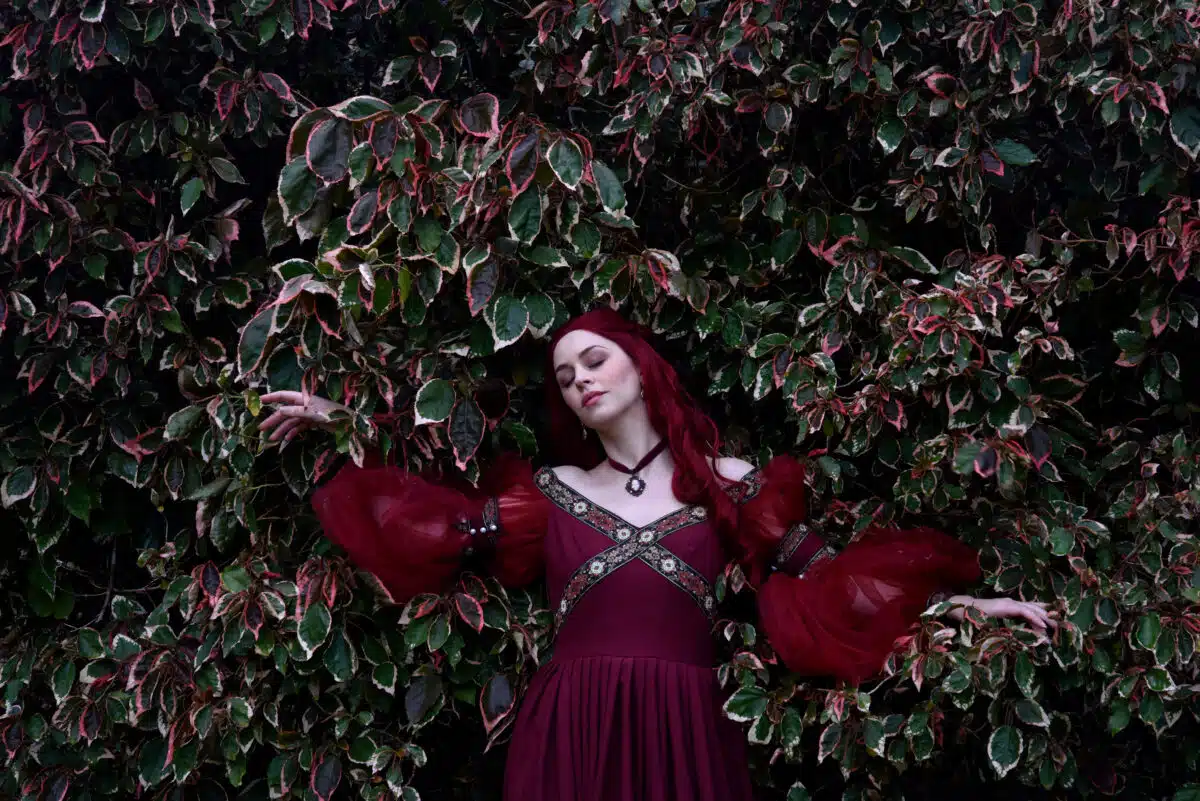
“Growth” by Nora May French
I twine you, little trellis, close and fond,
And swing in wistful threads above, beyond,
For air and space to blossom. Be it so.
Ah me! I love you, but the plant must grow.
I quiver with the call of summer heat,
With all the wild sap stirring at my feet.
My quiet trellis, impotent to know
The earth and sun command me: I must grow.
You cannot share my ardent life apart,
Nor feel the upward straining of my heart.
In every vein the urging currents flow,
Leaf after leaf unfolds: the plant must grow.
“The Wild Honeysuckle” by Philip Freneau
Fair flower, that dost so comely grow,
Hid in this silent, dull retreat,
Untouched thy honied blossoms blow,
Unseen thy little branches greet:
No roving foot shall crush thee here,
No busy hand provoke a tear.
By Nature’s self in white arrayed,
She bade thee shun the vulgar eye,
And planted here the guardian shade,
And sent soft waters murmuring by;
Thus quietly thy summer goes,
Thy days declining to repose.
Smit with those charms, that must decay,
I grieve to see your future doom;
They died—nor were those flowers more gay,
The flowers that did in Eden bloom;
Unpitying frosts and Autumn’s power
Shall leave no vestige of this flower.
From morning suns and evening dews
At first thy little being came;
If nothing once, you nothing lose,
For when you die you are the same;
The space between is but an hour,
The frail duration of flower.
“Yosemite” by Milicent Washburn Shinn
Soul of a tree ungrown, new life out of God’s life proceeding,
Folded close in the seed, waking—O wonder of wonders—
Waking with power as a spirit to clothe thee in leaves and in branches,
What, in thine age-long future, is the word thou art set here to say?
Far in the great Sierra dwell the mighty groups of thy kindred;
Aisles of the sounding pines; and colonnades dusky and fragrant,
Pillared with ridgy shafts of tall and wonderful cedar,
Lead to their presence; and round them forever the mountains stand.
Deep in that inner temple listens the fortunate pilgrim,
Low where the red lilies tremble he lies while the still hours pass by him,
Baring his brows to the silence, the dear and intimate greatness,
The touch of the friendly air, like a quiet and infinite hand.
Far, far up from the earth, in the lower spaces of heaven,
Shadowy green on the blue, rests the moving lace of the branches,
Holding the faint winds captive, dropping but lightest of murmurs,
Spirits of far-away sound, to the windless reaches below.
Deep in that inner temple listens the fortunate pilgrim;
Infinite things they say to him, the mighty groups of thy kindred,—
Life beyond life, and soul within soul, and God around all as an ocean,—
Whispers his heart dimly guesses, secrets he never may know.
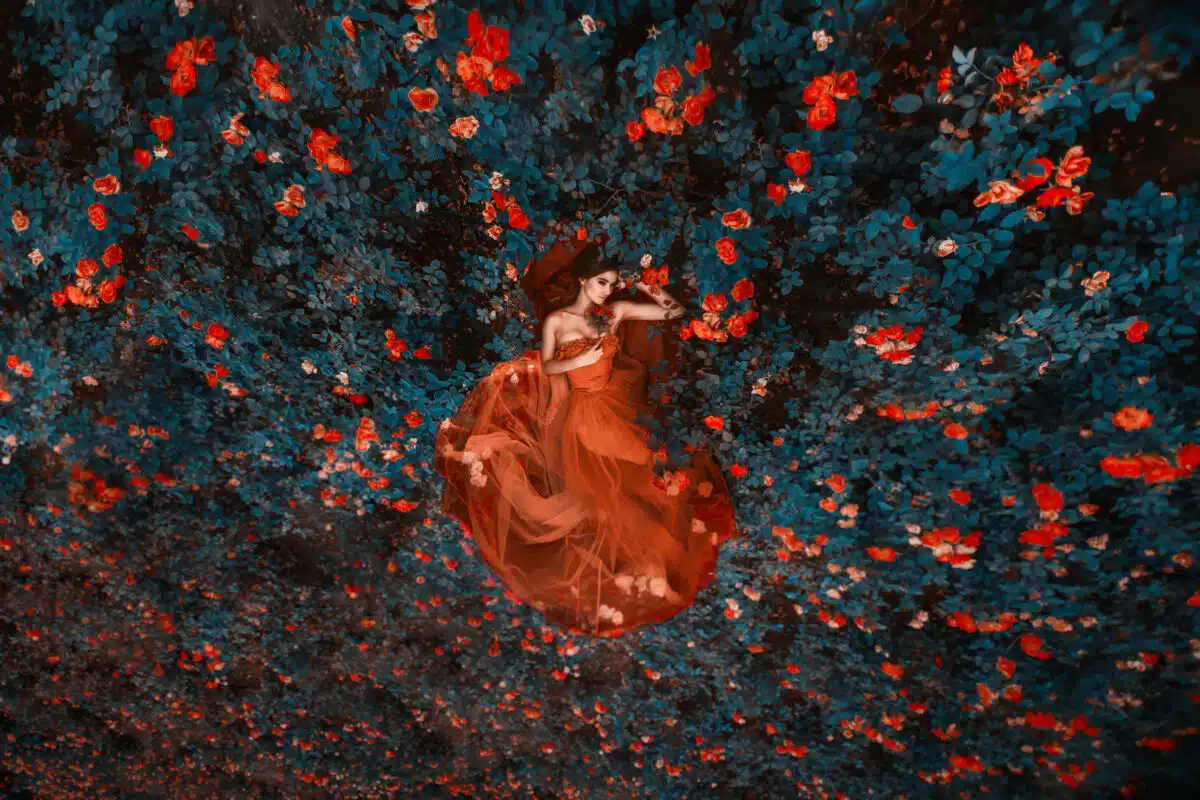
“The Garden” by Edwin Arlington Robinson
There is a fenceless garden overgrown
With buds and blossoms and all sorts of leaves;
And once, among the roses and the sheaves,
The Gardener and I were there alone.
He led me to the plot where I had thrown
The fennel of my days on wasted ground,
And in that riot of sad weeds I found
The fruitage of a life that was my own.
My life! Ah, yes, there was my life, indeed!
And there were all the lives of humankind;
And they were like a book that I could read,
Whose every leaf, miraculously signed,
Outrolled itself from Thought’s eternal seed.
Love-rooted in God’s garden of the mind.
“The Haymakers’ Song” by Alfred Austin
Here’s to him that grows it,
Drink, lads, drink!
That lays it in and mows it,
Clink, jugs, clink!
To him that mows and makes it,
That scatters it and shakes it,
That turns, and teds, and rakes it,
Clink, jugs, clink!
Now here ’s to him that stacks it,
Drink, lads, drink!
That thrashes and that tacks it,
Clink, jugs, clink!
That cuts it out for eating,
When March-dropp’d lambs are bleating,
And the slate-blue clouds are sleeting,
Drink, lads, drink!
And here ’s to thane and yeoman,
Drink, lads, drink!
To horseman and to bowman,
Clink, jugs, clink!
To lofty and to low man,
Who bears a grudge to no man,
But flinches from no foeman,
Drink, lads, drink!
“The Tree God Plants” by Lillian E. Barr
The wind that blows can never kill
The tree God plants;
It bloweth east, it bloweth west,
The tender leaves have little rest,
But any wind that blows is best;
The tree God plants
Strikes deeper root, grows higher still,
Spreads wider boughs, for God’s good will
Meets all its wants.
There is no frost hath power to blight
The tree God shields;
The roots are warm beneath soft snows,
And when Spring comes it surely knows,
And every bud to blossom grows.
The tree God shields
Grows on apace by day and night,
Till sweet to taste and fair to sight
Its fruit it yields.
There is no storm hath power to blast
The tree God knows;
No thunderbolt, nor beating rain,
Nor lightning flash, nor hurricane—
When they are spent it doth remain.
The tree God knows
Through every tempest standeth fast,
And from its first day to its last
Still fairer grows.
If in the soul’s still garden-place
A seed God sows—
A little seed—it soon will grow,
And far and near all men will know
For heavenly lands he bids it blow.
A seed God sows,
And up it springs by day and night;
Through life, through death, it groweth right;
Forever grows.
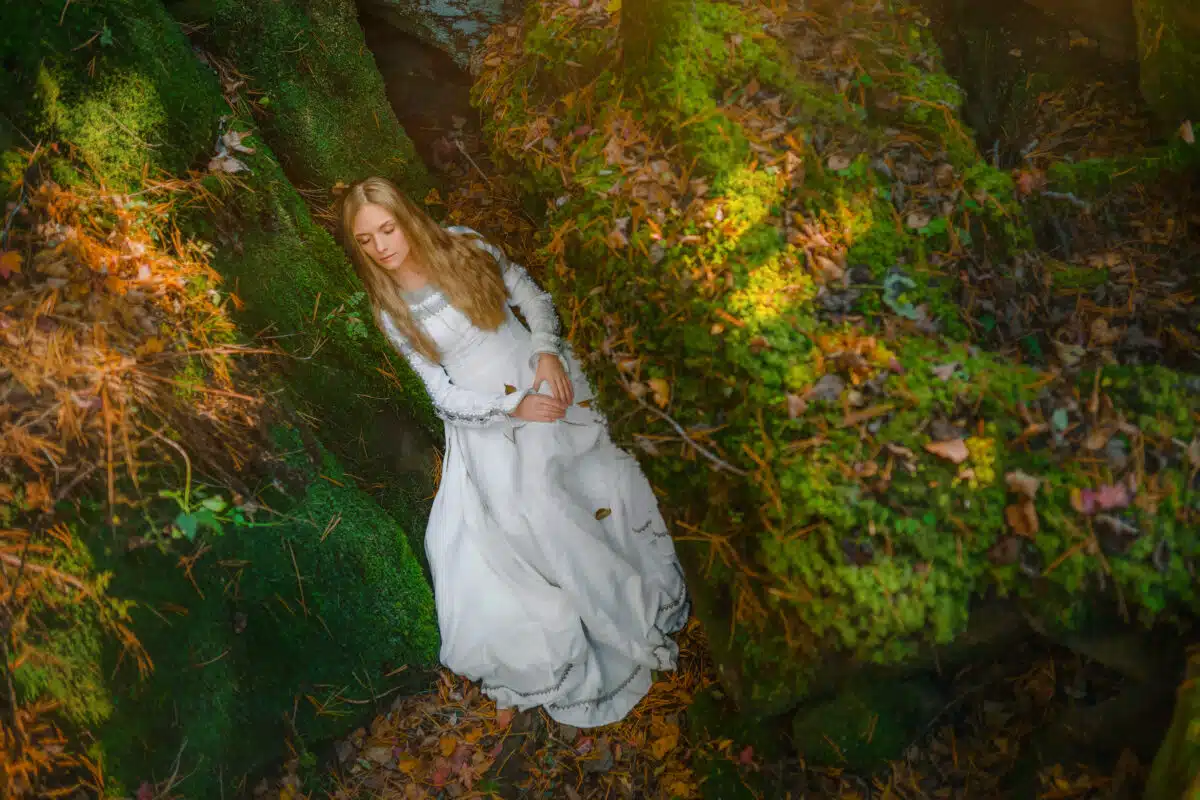
“The Tree” by Bjorrstjerne Bjornson
The Tree’s early leaf buds were bursting their brown;
“Shall I take them away?” said the Frost, sweeping down.
“No, leave them alone
Till the blossoms have grown,”
Prayed the Tree, while he trembled from rootlet to crown.
The Tree bore his blossoms, and all the birds sung:
“Shall I take them away?” said the Wind, as he swung,
“No, leave them alone
Till the blossoms have grown,”
Said the Tree, while his leaflets quivering hung.
The Tree bore his fruit in the midsummer glow:
Said the child, “May I gather thy berries now?”
“Yes, all thou canst see:
Take them; all are for thee,”
Said the Tree, while he bent down his laden boughs low.
“By Twilight Hours VIII: Growth” by Sarah Williams
A lonely rock uprose above the sea,
The coral insects fretting at its base;
And no man came unto its loneliness,
The very storm-birds shunned its evil case.
Only the ocean beat upon its breast,
Only the ocean gave it close embrace.
An island was upheaved towards the skies,
A central fire within its heart had burst;
The rock became a mountain, stern and strong,
Only the desolation shewed at first;
A stray bird dropped a seed that fructified,
No longer reigned the barrenness accursed.
A little world stood out among the seas,
With singing brooks and many a fragrant wood,
Where lovers heard again their story sweet,
And truth grew fair, more fully understood.
The tender flowers o’ergrew the chasms deep,
And God looked down, and saw that it was good.
“Good Company” by Jessie B. Rittenhouse
T-day I have grown taller from walking with the trees,
The seven sister-poplars who go softly in a line;
And I think my heart is whiter for its parley with a star
That trembled out at nightfall and hung above the pine.
The call-note of a redbird from the cedars in the dusk
Woke his happy mate within me to an answer free and fine;
And a sudden angel beckoned from a column of blue smoke—
Lord, who am I that they should stoop—these holy folk of thine?
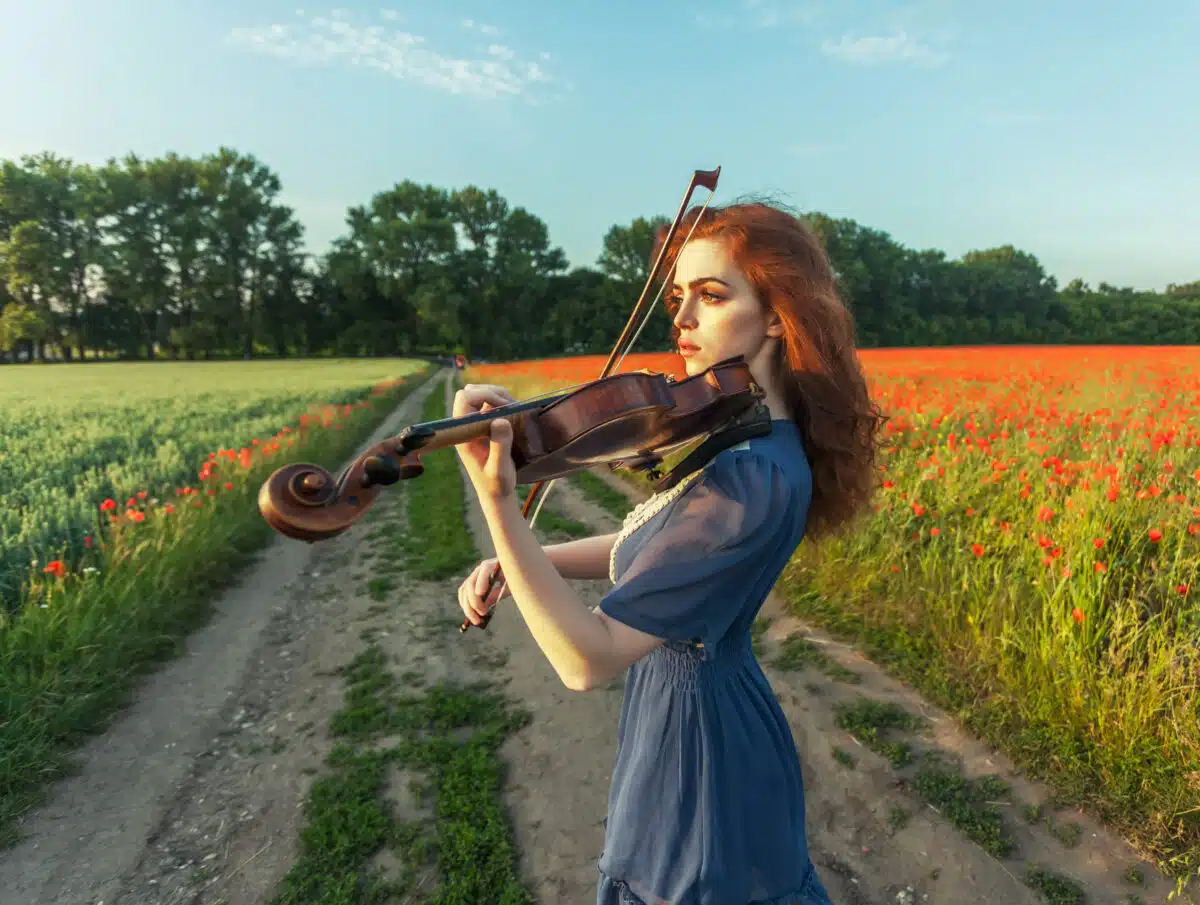
“Agamede’s Song” by Arthur Upson
Grow, grow, thou little tree,
His body at the roots of thee;
Since last year’s loveliness in death
The living beauty nourisheth.
Bloom, bloom, thou little tree,
Thy roots around the heart of me;
Thou canst not blow too white and fair
From all the sweetness hidden there.
Die, die, thou little tree,
And be as all sweet things must be;
Deep where thy petals drift I, too,
Would rest the changing seasons through.
“Edelweiss” by Frank Wilmot
There grows a white, white flower
By the wild Alps of romance;
And who would reach its dainty leaves
Takes life and death in chance.
There is a dark, dark cavern
Where a woman goes alone,
Takes hope and peril in her hand
And fights Death on his throne.
To our heart’s breathless calling
She comes from the cavern wild,
Holding in her exhausted arms
A small, white, blossoming child.
“Little Girls And Little Lambs” by Kate Greenaway
In the May-time flowers grow;
Little girls in meadows go;
Little lambs frisk with delight,
And in the green grass sleep at night.
Little birds sing all the day,
Oh, in such a happy way!
All the day the sun is bright,
Little stars shine all the night.
The Cowslip says to the Primrose,
“How soft the little Spring wind blows!”
The Daisy and the Buttercup
Sing every time that they look up.
For beneath the sweet blue sky
They see a pretty Butterfly;
The Butterfly, when he looks down,
Says, “What a pretty Flower Town!”
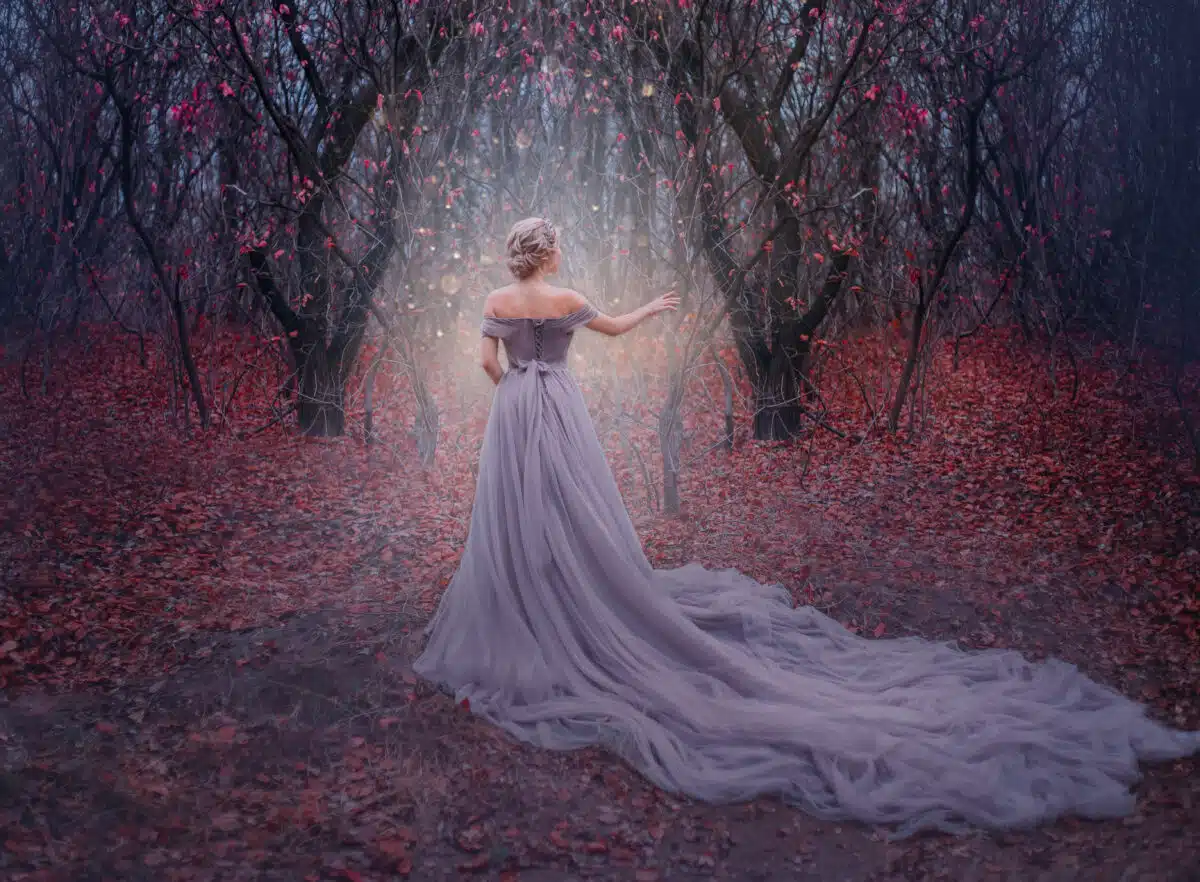
“Into the Evening” by Alfred Lichtenstein
Out of crooked clouds priceless things grow.
Very tiny things suddenly become important.
The sky is green and opaque
Down there where the blind hills glide.
Tattered trees stagger into the distance.
Drunken meadows spin in a circle,
And all the surfaces become gray and wise…
Only villages crouch glowingly: red stars –
“Spring Song Of The Swallow” by Marietta Holley
Oh, the days are growing longer;
So rang the jubilant song of the swallow;
I come a-bringing beauty into the land,
The sky of the West grows warm and yellow,
Oh, gladness comes with my light-winged band,
And the days are growing longer.
Oh, the days are growing longer,
The wavy gleam of fluttering wings,
Touching the silent earth so lightly,
Will wake all the sleeping, beautiful things,
The world will glow so brightly – brightly;
And the days are growing longer.
Oh, the days are growing longer,
All the rivulets dumb will laugh, and run
Over the meadows with dancing feet;
Following the silvery plough of the sun,
Will be furrows filled with wild flowers sweet:
And the days are growing longer.
Oh, the days are growing longer;
Over whispering streams will rushes lean,
To answer the waves’ soft murmurous call;
The lily will bend from its watch-tower green,
To list to the lark’s low madrigal,
And the days are growing longer.
Oh, the days are growing longer;
When they lengthen to ripe and perfect prime,
Then, oh, then, I will build my happy nest;
And all in that pleasant and balmy time,
There never will be a bird so blest;
And the days are growing longer.
“Solace” by Clarissa Scott Delany
My window opens out into the trees
And in that small space
Of branches and of sky
I see the seasons pass
Behold the tender green
Give way to darker heavier leaves.
The glory of the autumn comes
When steeped in mellow sunlight
The fragile, golden leaves
Against a clear blue sky
Linger in the magic of the afternoon
And then reluctantly break off
And filter down to pave
A street with gold.
Then bare, gray branches
Lift themselves against the
Cold December sky
Sometimes weaving a web
Across the rose and dusk of late sunset
Sometimes against a frail new moon
And one bright star riding
A sky of that dark, living blue
Which comes before the heaviness
Of night descends, or the stars
Have powdered the heavens.
Winds beat against these trees;
The cold, but gentle rain of spring
Touches them lightly
The summer torrents strive
To lash them into a fury
And seek to break them—
But they stand.
My life is fevered
And a restlessness at times
An agony—again a vague
And baffling discontent
Possesses me.
I am thankful for my bit of sky
And trees, and for the shifting
Pageant of the seasons.
Such beauty lays upon the heart
A quiet.
Such eternal change and permanence
Take meaning from all turmoil
And leave serenity
Which knows no pain.
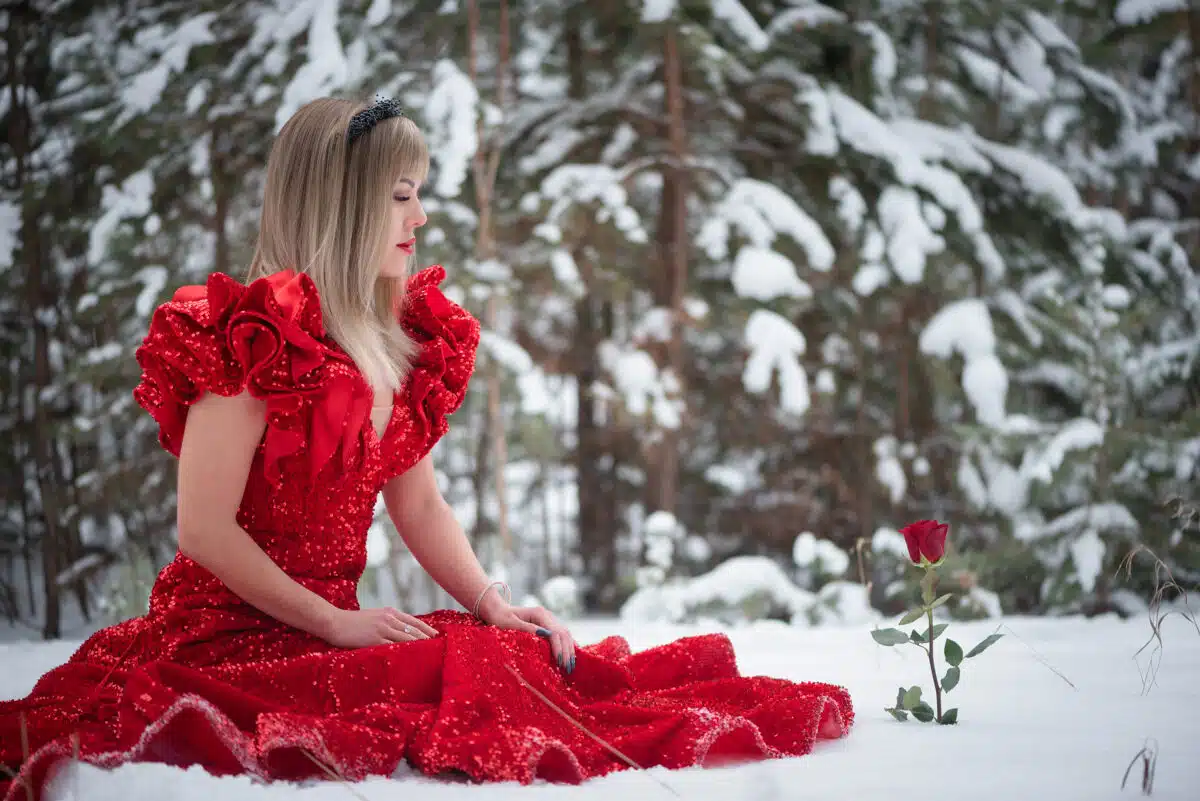
“How the Flowers Grow” by Gabriel Setoun
This is how the flowers grow;
I have watched them and I know:
First, above the ground is seen
A tiny blade of purest green,
Reaching up and peeping forth
East and west, and south and north.
Then the sunbeams find their way
To the sleeping bud and say,
“We are children of the sun
Sent to wake thee, little one.”
And the leaflet opening wide
Shows the tiny bud inside,
Peeping with half-opened eye
On the bright and sunny sky.
Breezes from the west and south
Lay their kisses on its mouth;
Till the petals all are grown,
And the bud’s a flower blown.
“The Plane Tree and the Vine” by Unknown
See yonder blushing vine tree grow,
And clasp a dry and withered plane ;
And round its youthful tendrils throw,
A shelter from the storm and rain.
That hapless trunk, in former time,
Gave covert from the noon-tide blaze,
And taught the infant shoot to climb,
Which now the pious debt repays.
Thus for a mother’s fostering care,
May’st thou a tender love return;
Shield her when life’s rude tempests lour,
And wreathe with flowers her sacred urn.
“The Echoing Green” by William Blake
The sun does arise,
And make happy the skies;
The merry bells ring
To welcome the Spring;
The skylark and thrush,
The birds of the bush,
Sing louder around
To the bells’ cheerful sound;
While our sports shall be seen
On the echoing Green.
Old John, with white hair,
Does laugh away care,
Sitting under the oak,
Among the old folk.
They laugh at our play,
And soon they all say,
“Such, such were the joys
When we all—girls and boys—
In our youth-time were seen
On the echoing Green.”
Till the little ones, weary,
No more can be merry:
The sun does descend,
And our sports have an end.
Round the laps of their mothers
Many sisters and brothers,
Like birds in their nest,
Are ready for rest,
And sport no more seen
On the darkening green.
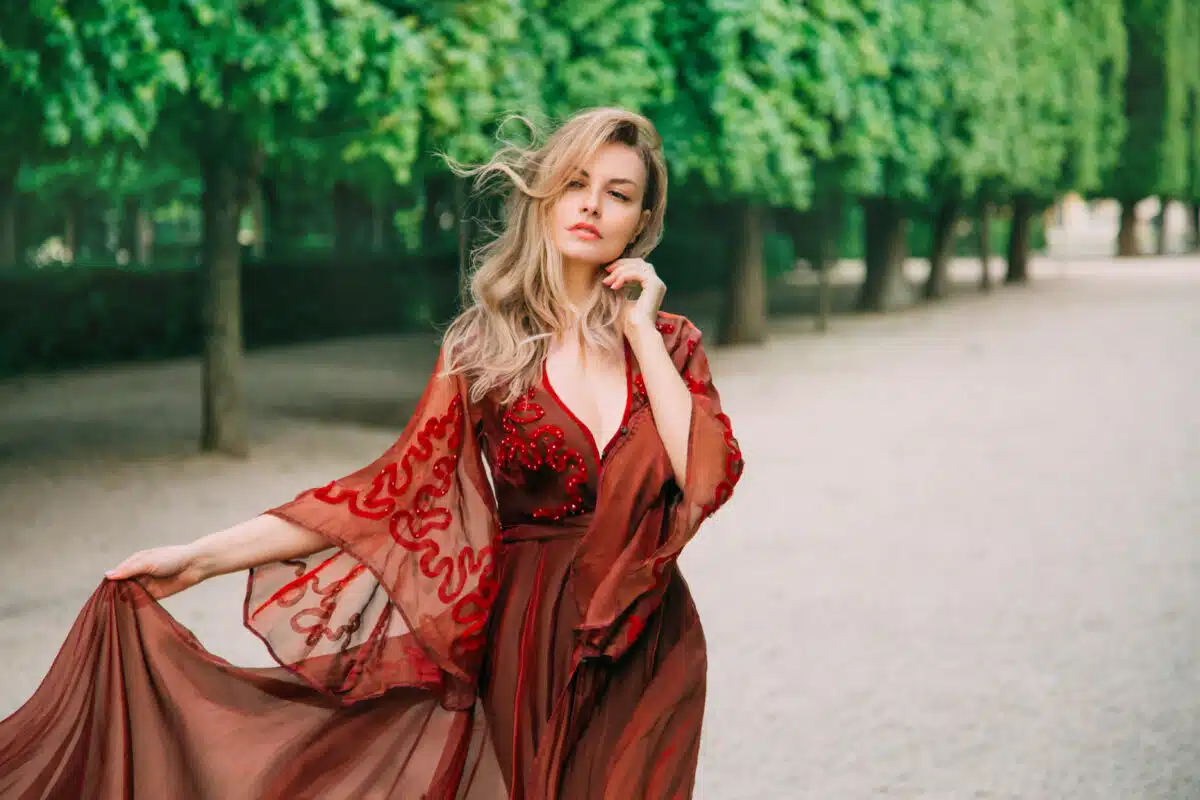
“Care-free Youth” by Edgar Alan Guest
The skies are blue and the sun is out
and the grass is green and soft
And the old charm’s back in the apple tree
and it calls a boy aloft;
And the same low voice that the old don’t hear,
but the care-free youngsters do,
Is calling them to the fields and streams
and the joys that once I knew.
And if youth be wild desire for play
and care is the mark of men,
Beneath the skin that Time has tanned
I’m a madcap youngster then.
Far richer than king with his crown of gold
and his heavy weight of care
Is the sunburned boy with his stone-bruised feet
and his tousled shock of hair;
For the king can hear but the cry of hate
or the sickly sound of praise,
And lost to him are the voices sweet
that called in his boyhood days.
Far better than ruler, with pomp and power
and riches, is it to be
The urchin gay in his tattered clothes
that is climbing the apple tree.
Oh, once I heard all the calls that come
to the quick, glad ears of boys,
And a certain spot on the river bank
told me of its many joys,
And certain fields and certain trees
were loyal friends to me,
And I knew the birds, and I owned a dog,
and we both could hear and see.
Oh, never from tongues of men have dropped
such messages wholly glad
As the things that live in the great outdoors
once told to a little lad.
And I’m sorry for him who cannot hear
what the tall trees have to say,
Who is deaf to the call of a running stream
and the lanes that lead to play.
The boy that shins up the faithful elm
or sprawls on a river bank
Is more richly blessed with the joys of life
than any old man of rank.
For youth is the golden time of life,
and this battered old heart of mine
Beats fast to the march of its old-time joys,
when the sun begins to shine.
“The Elms” by Aldous Huxley
Fine as the dust of plumy fountains blowing
Across the lanterns of a revelling night,
The tiny leaves of April’s earliest growing
Powder the trees—so vaporously light,
They seem to float, billows of emerald foam
Blown by the South on its bright airy tide,
Seeming less trees than things beatified,
Come from the world of thought which was their home.
For a while only. Rooted strong and fast,
Soon will they lift towards the summer sky
Their mountain-mass of clotted greenery.
Their immaterial season quickly past,
They grow opaque, and therefore needs must die,
Since every earth to earth returns at last.
